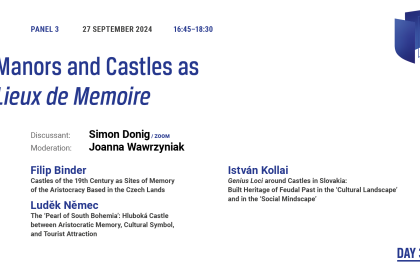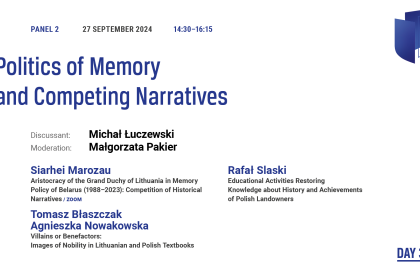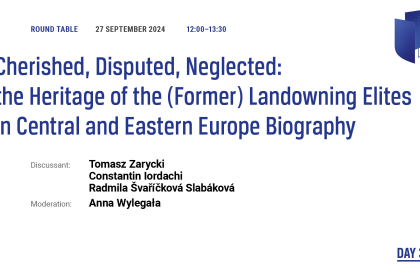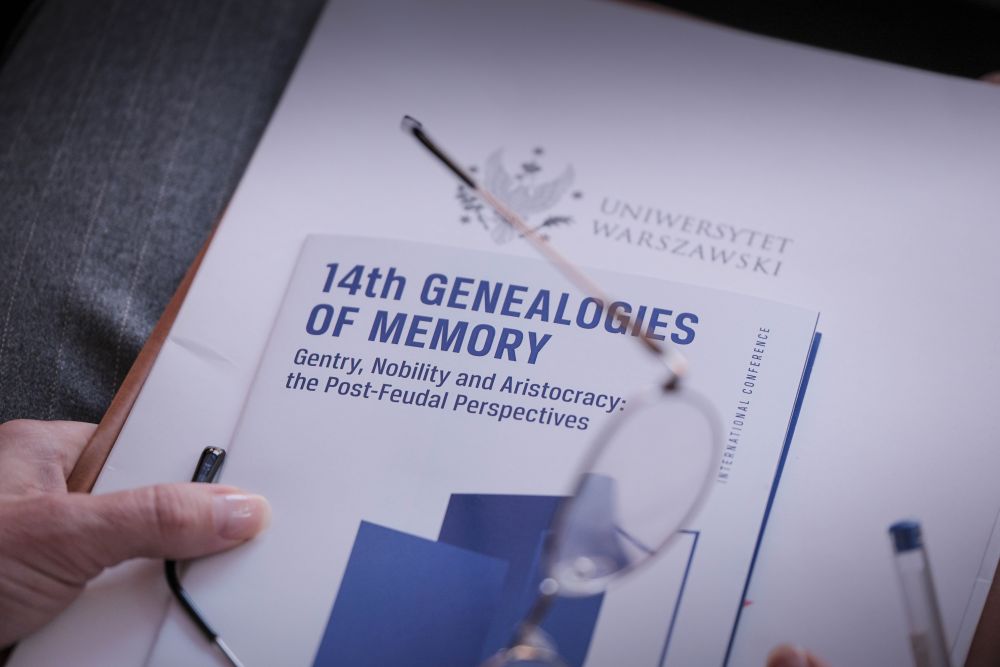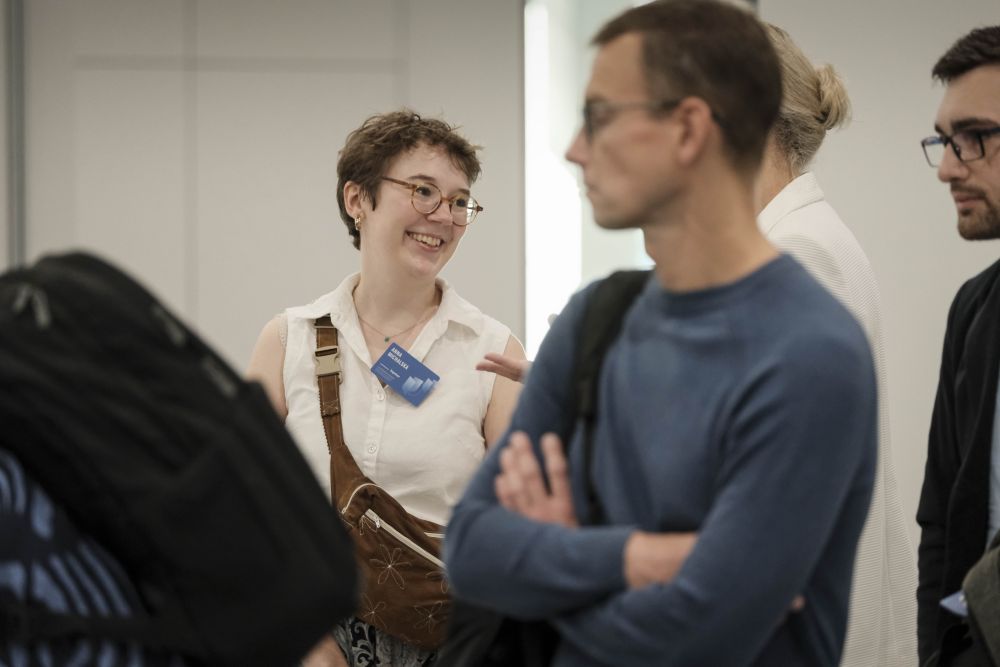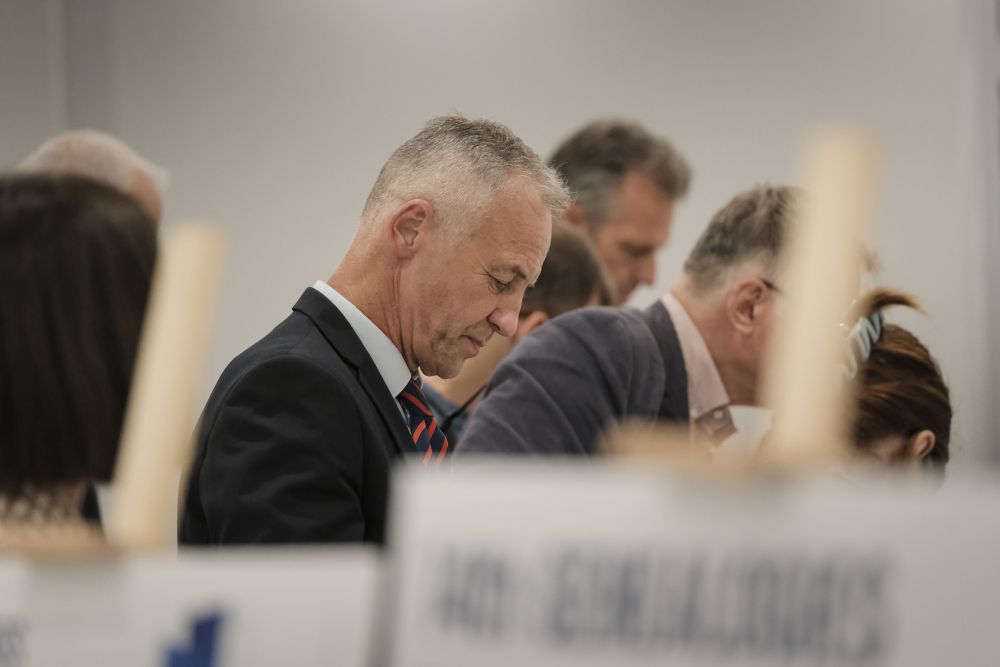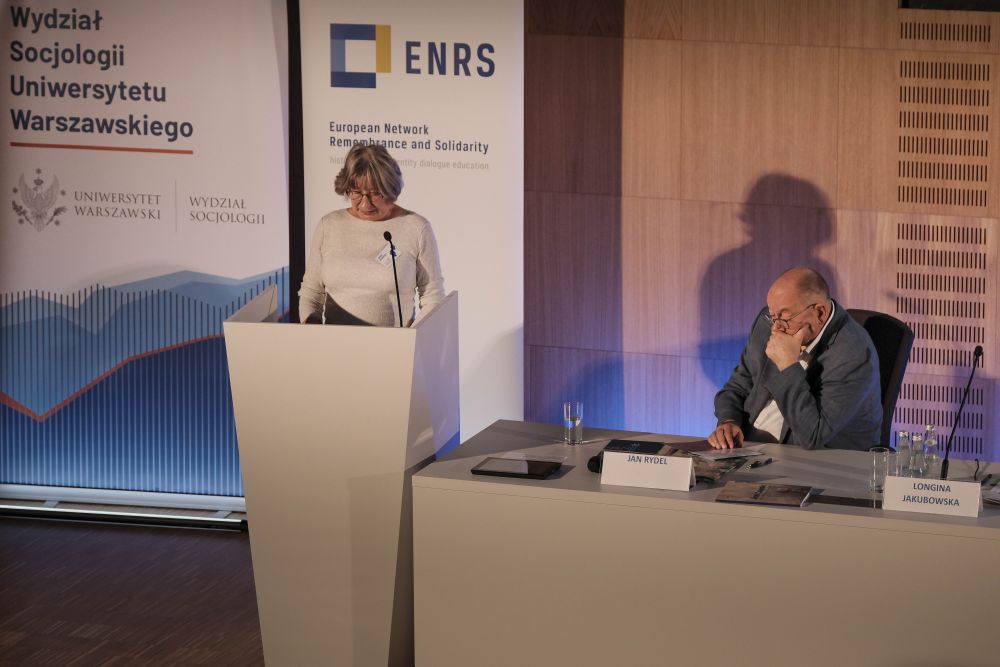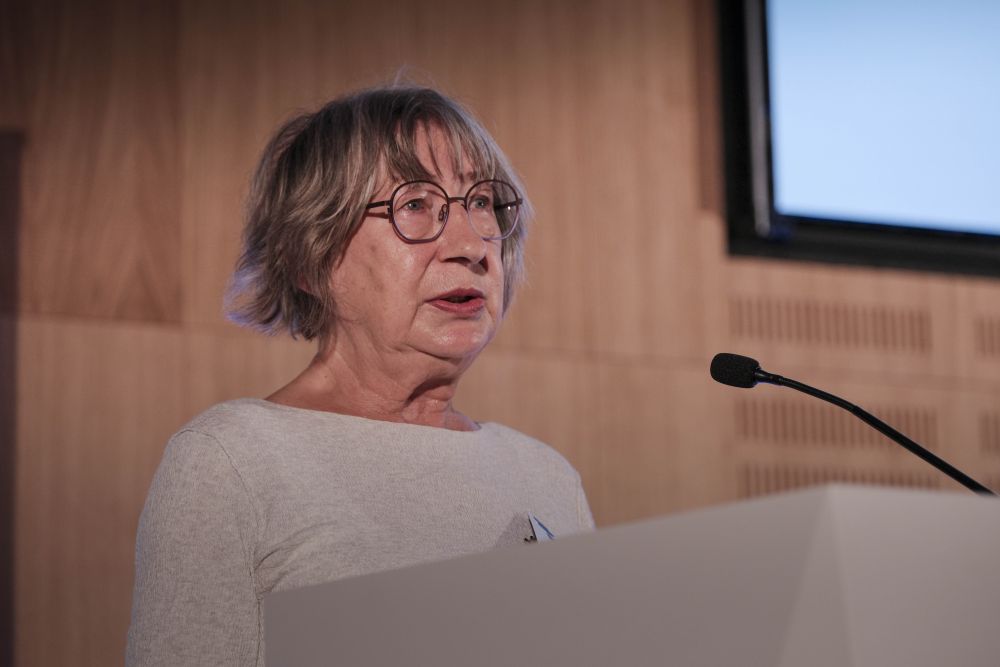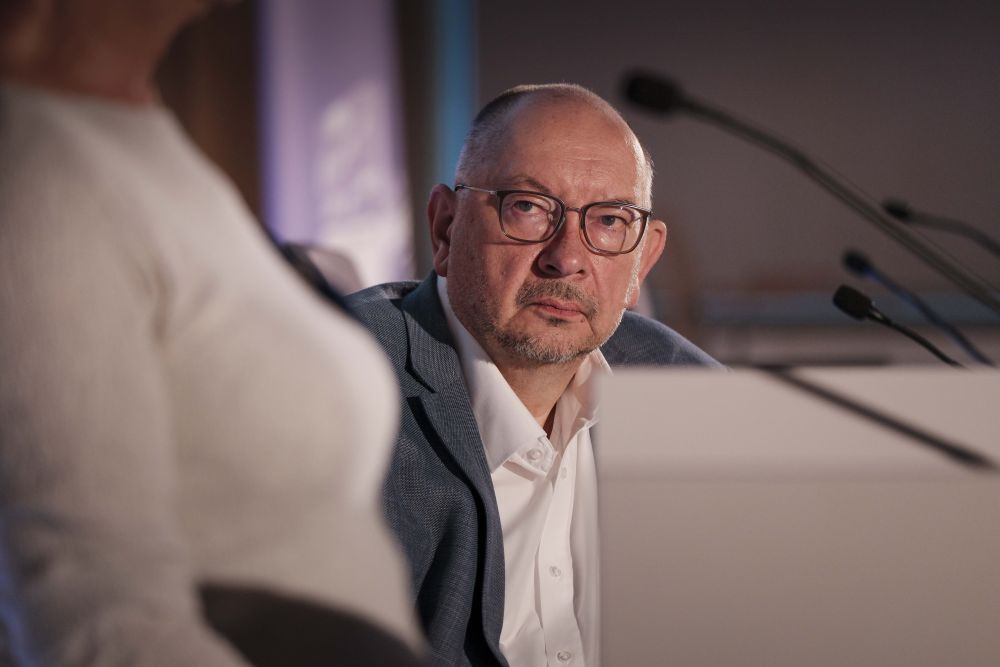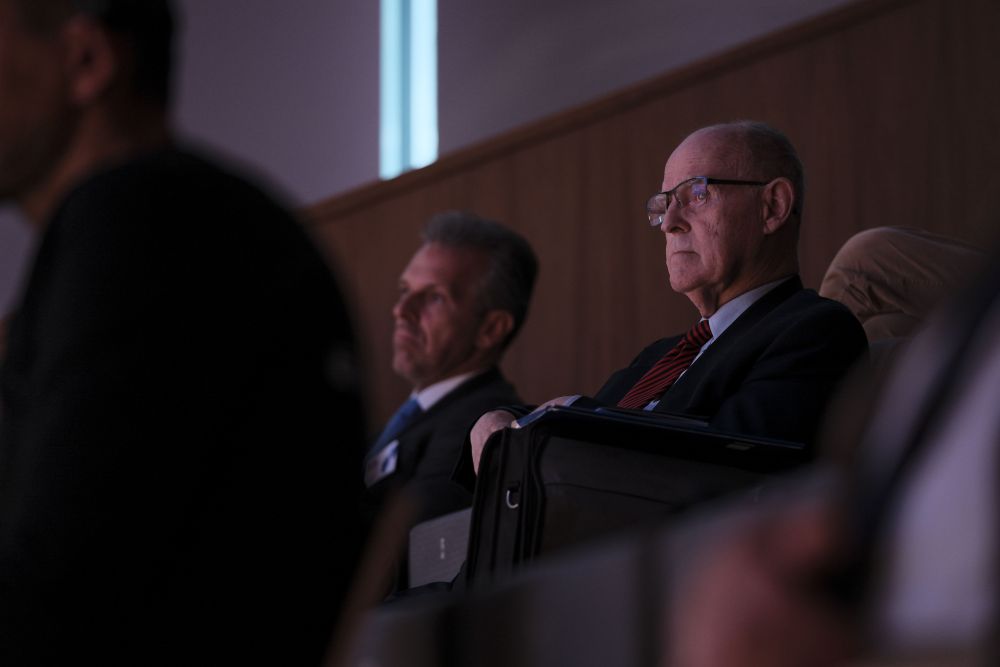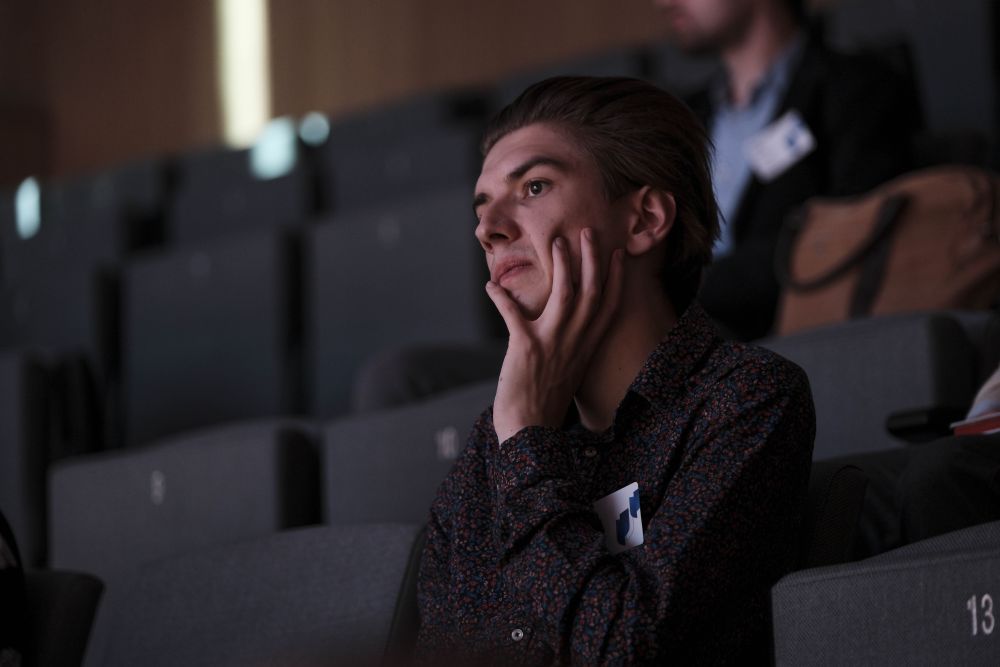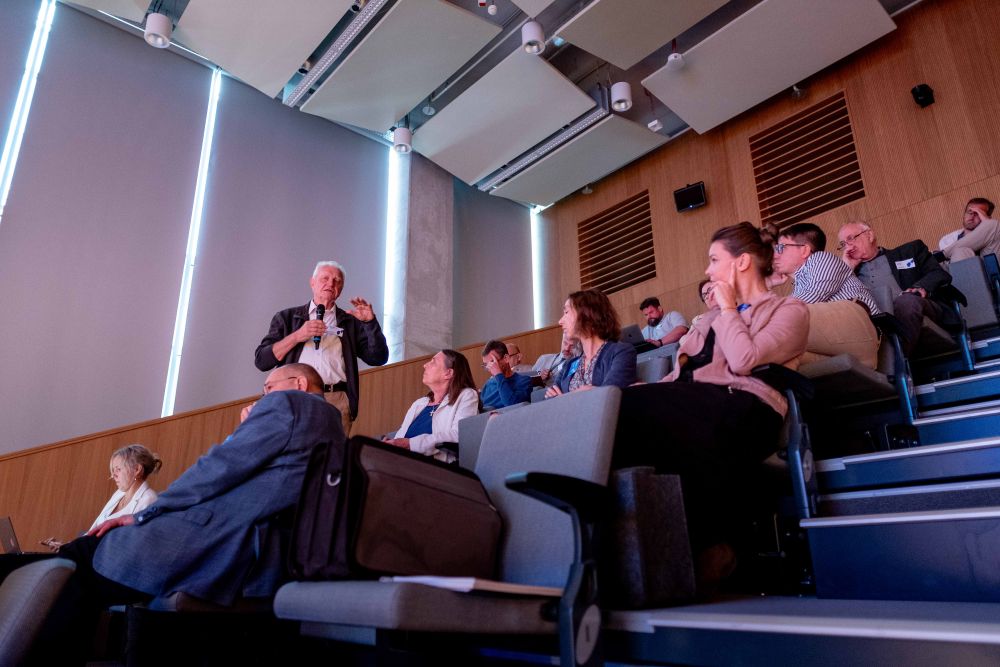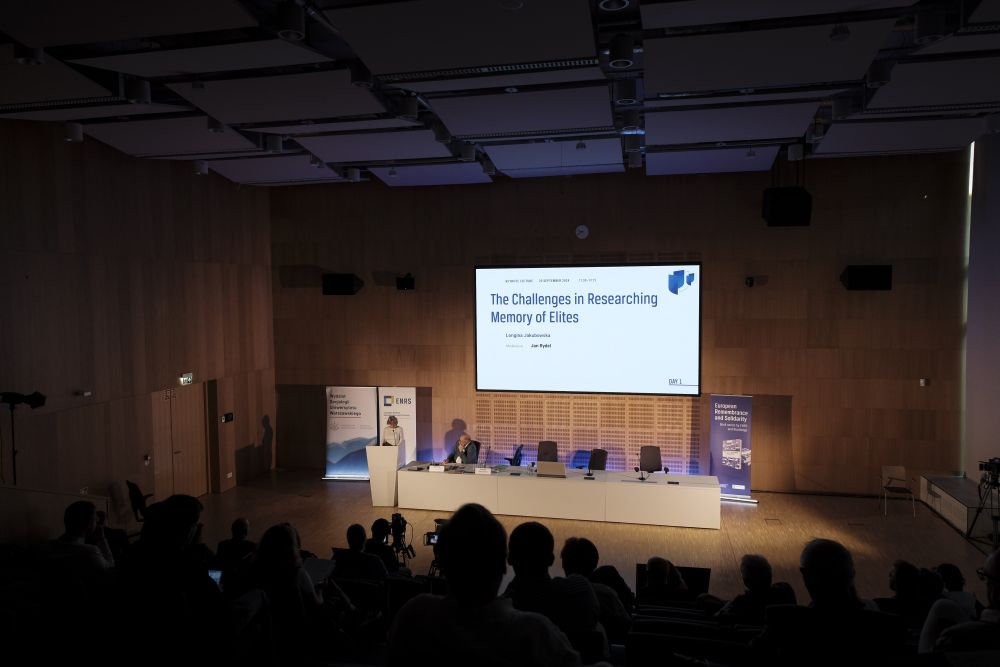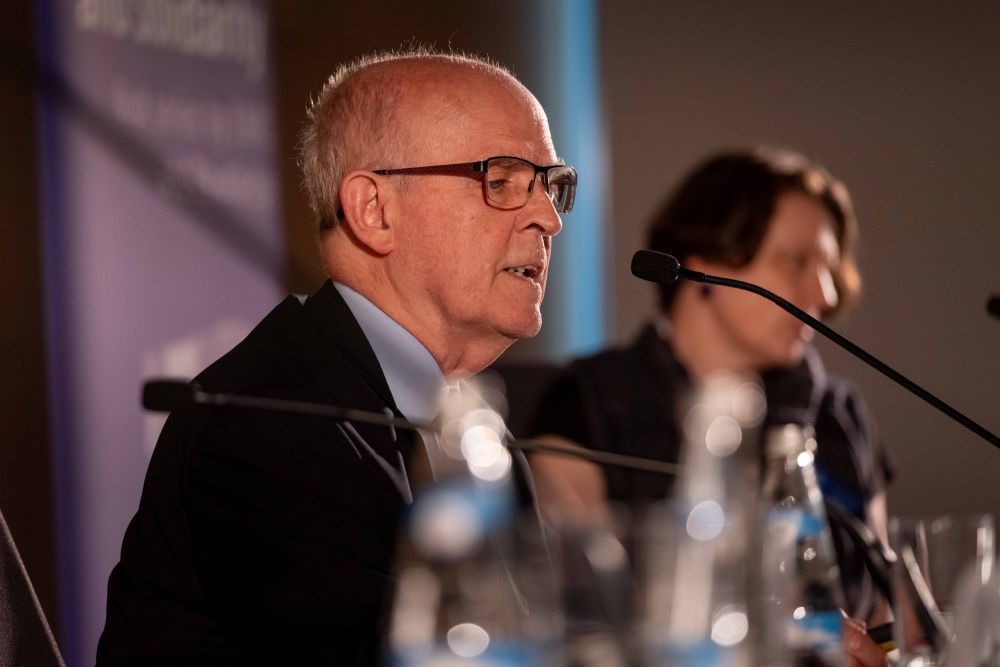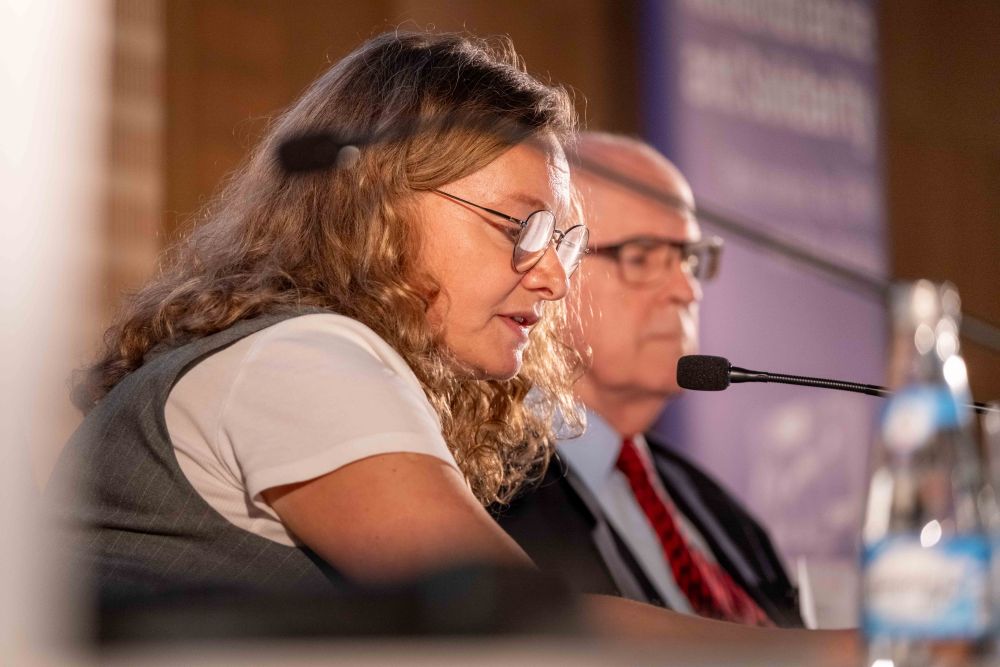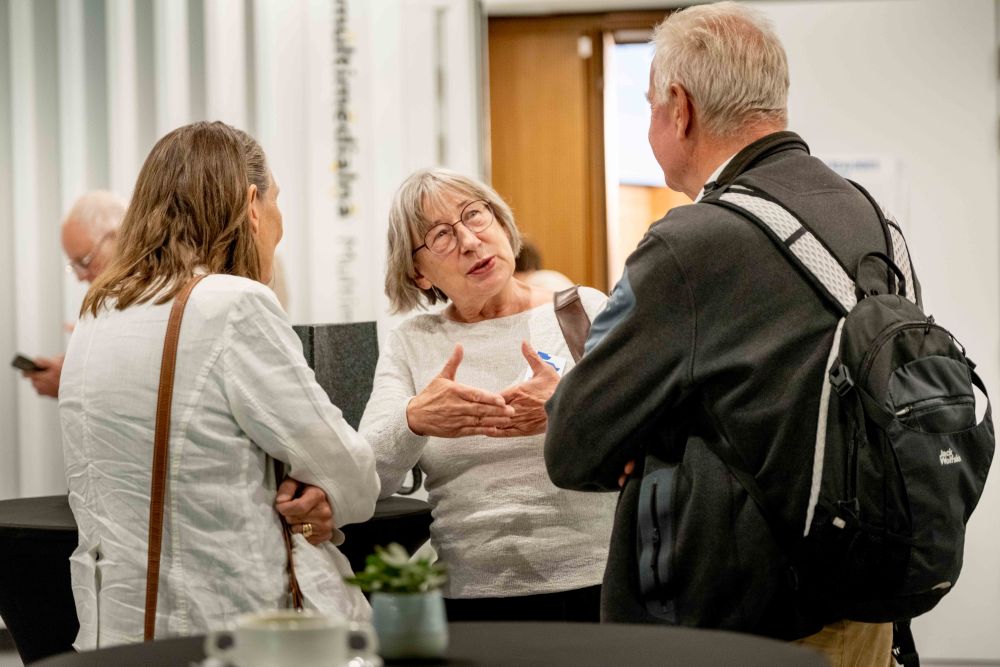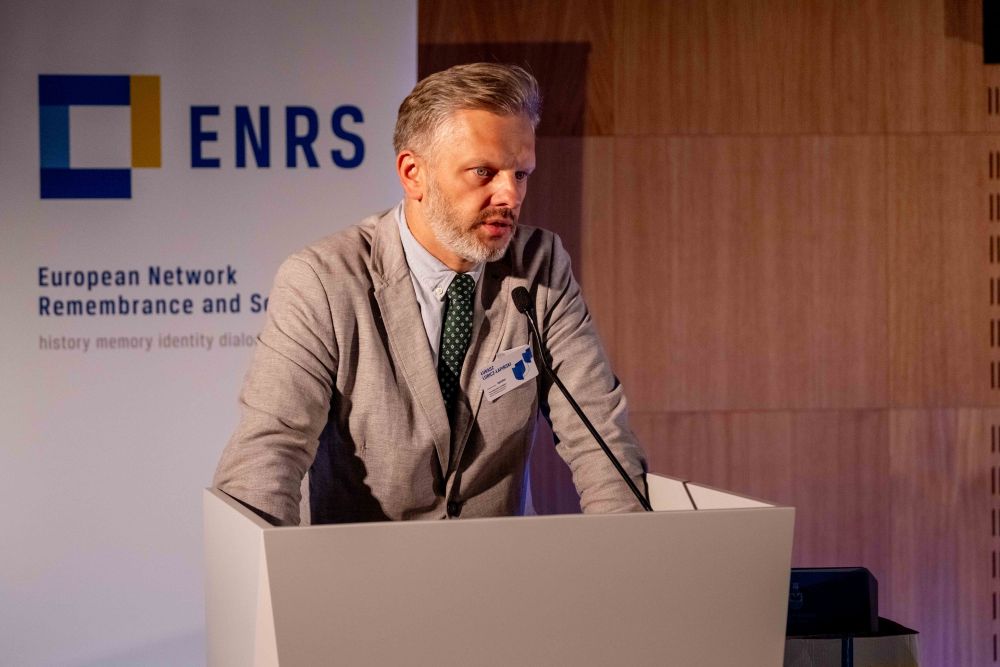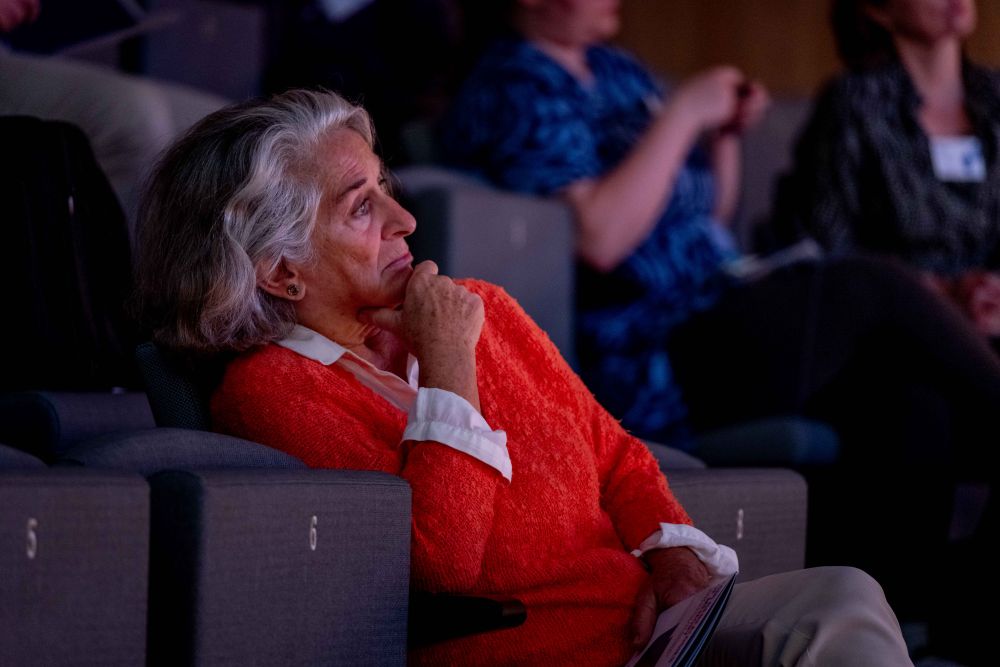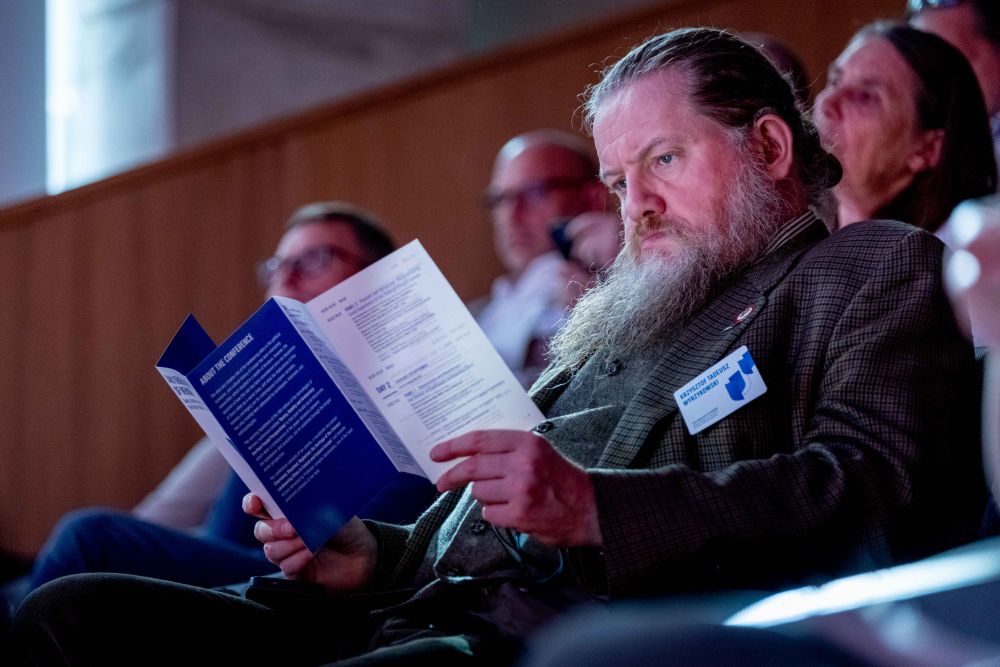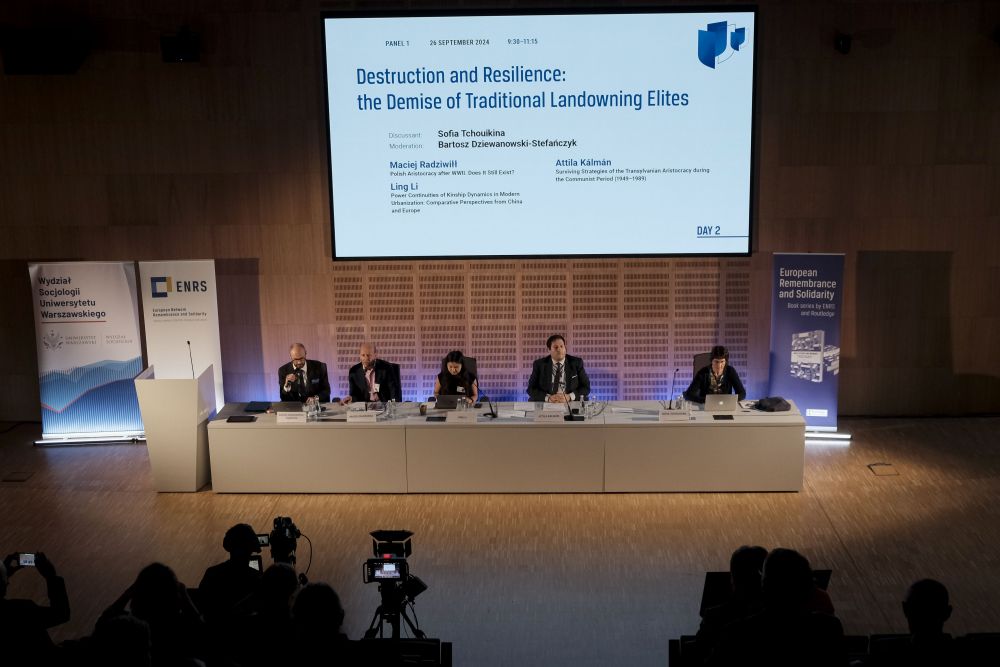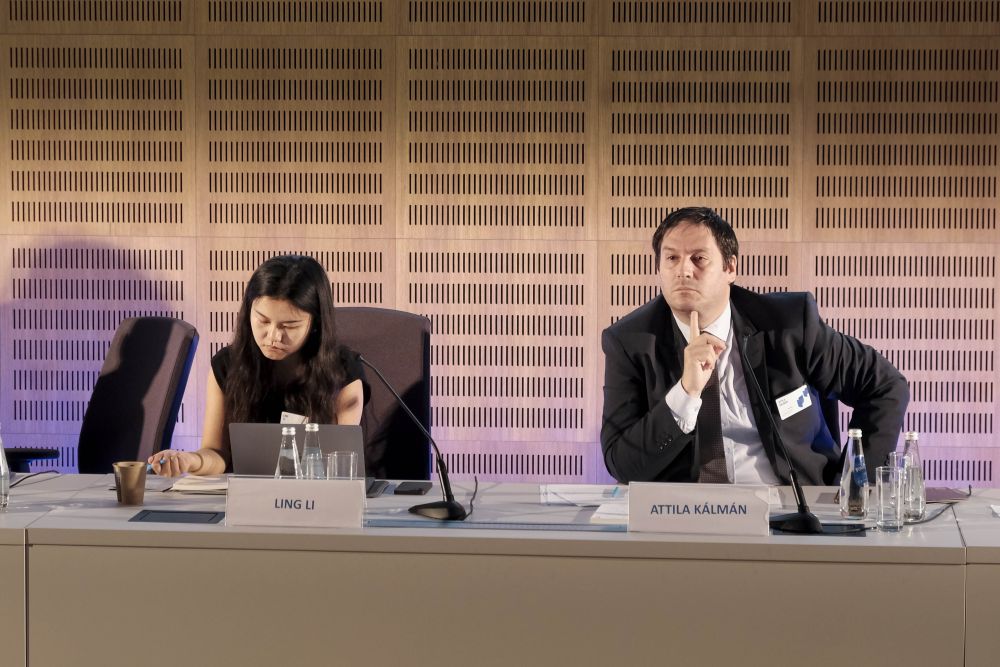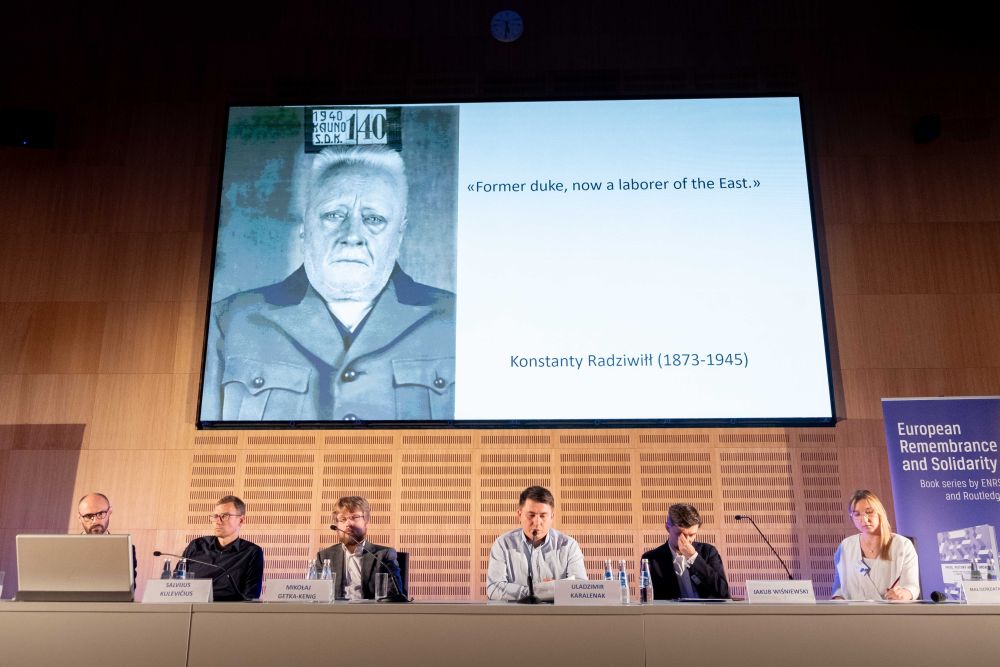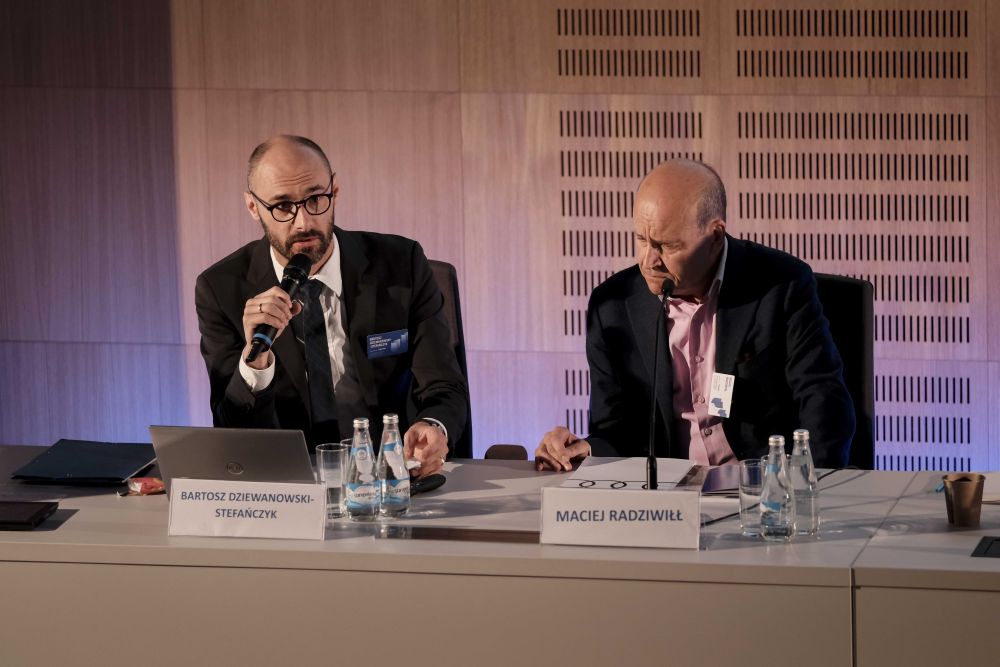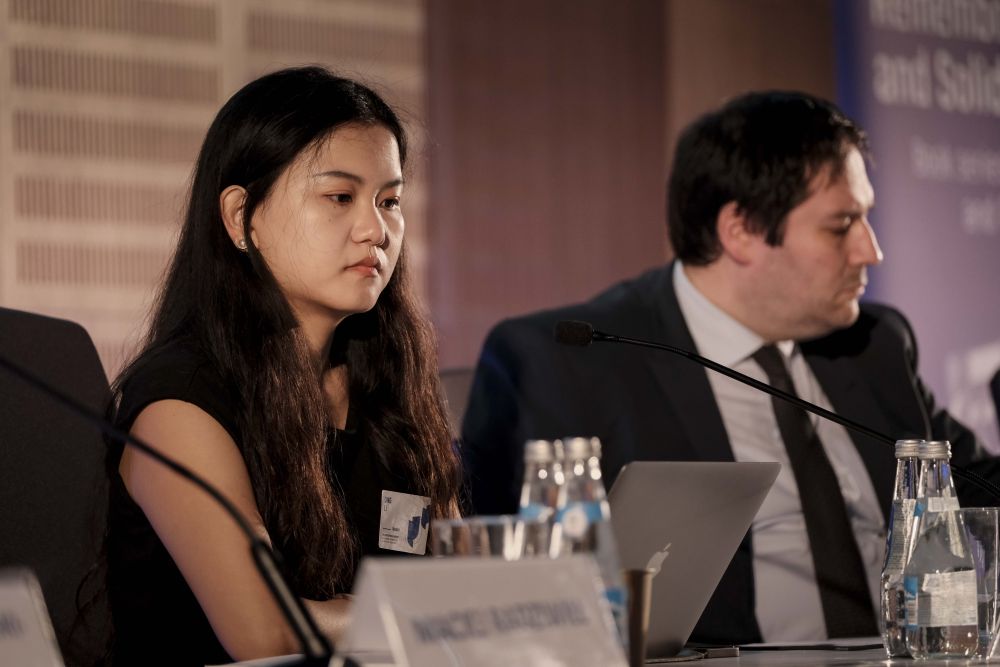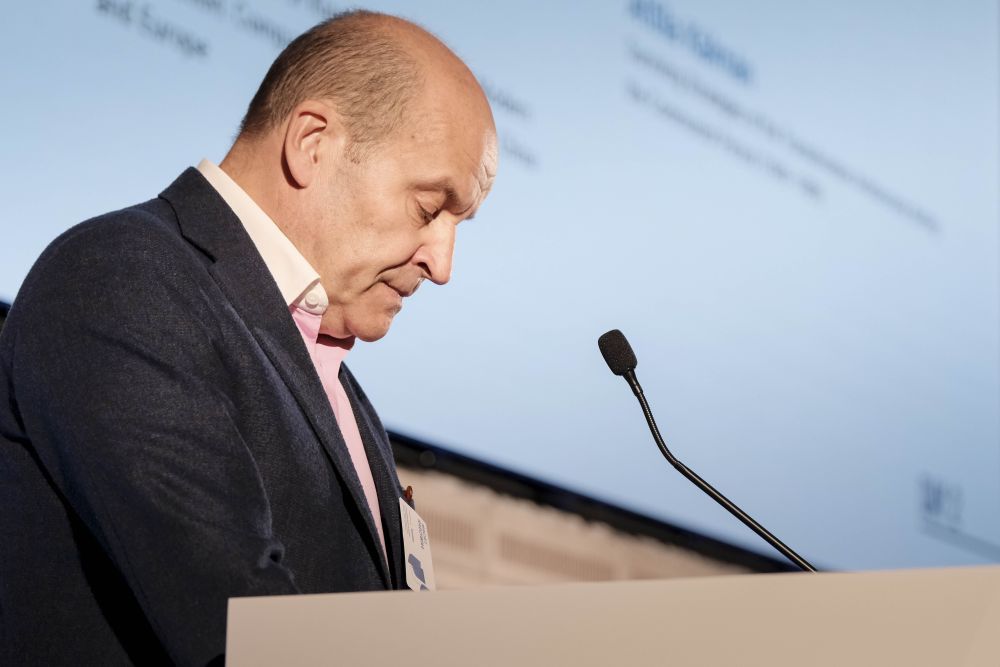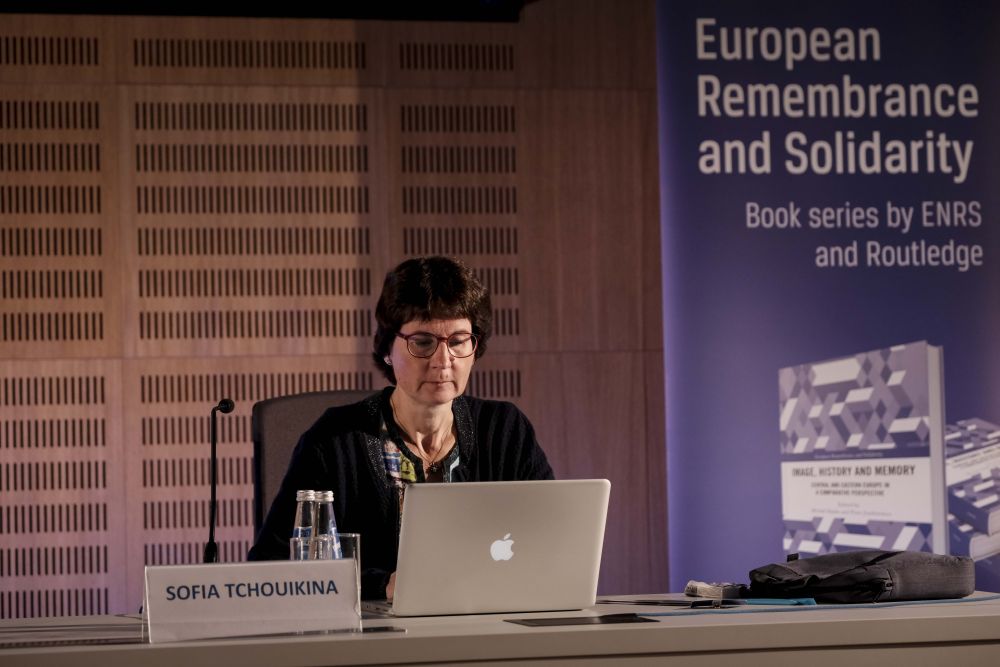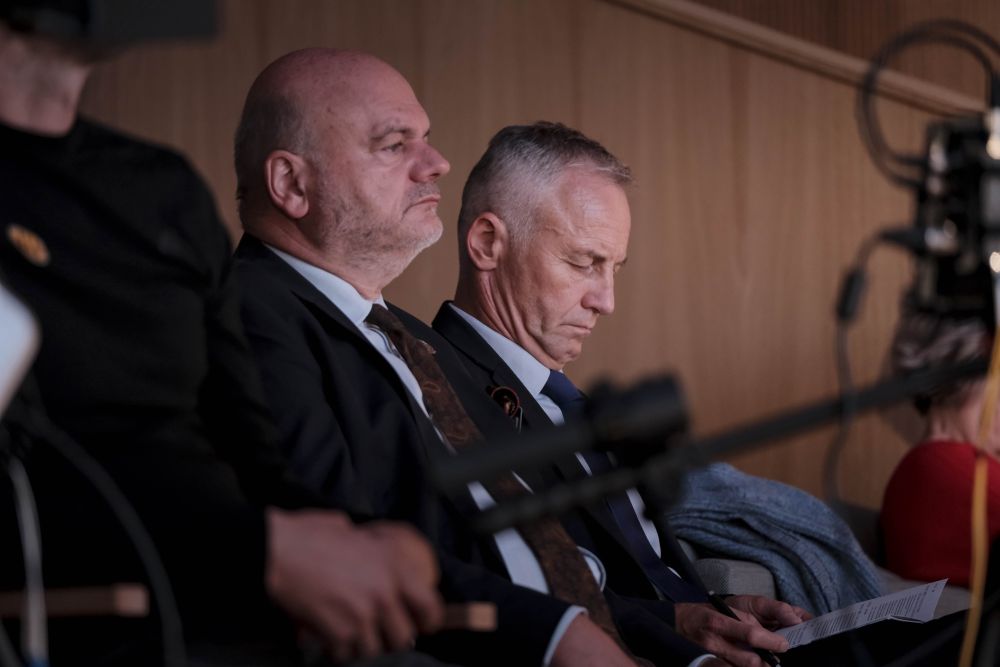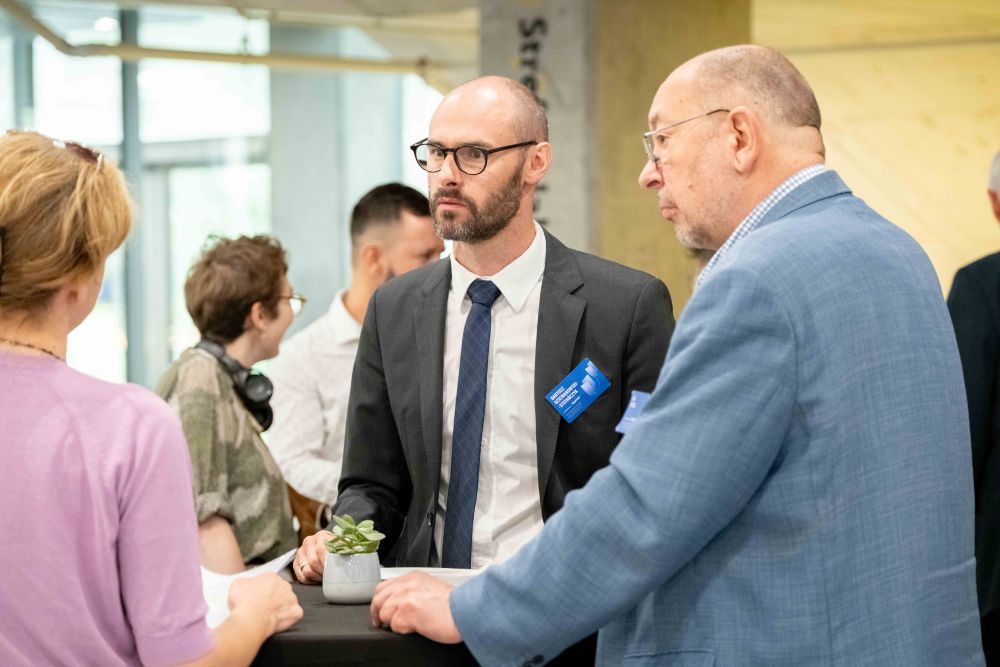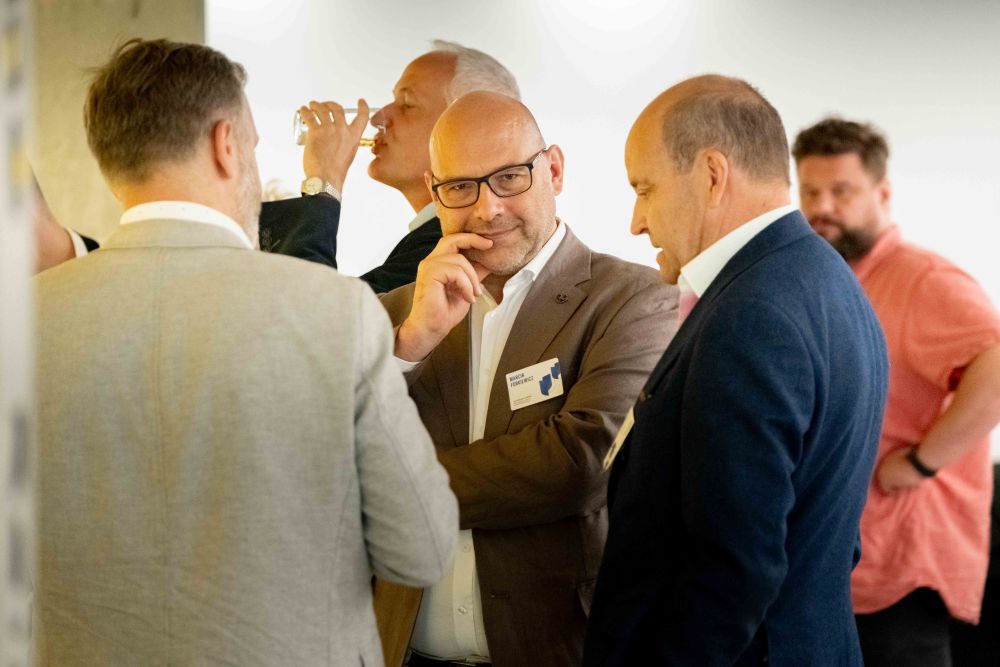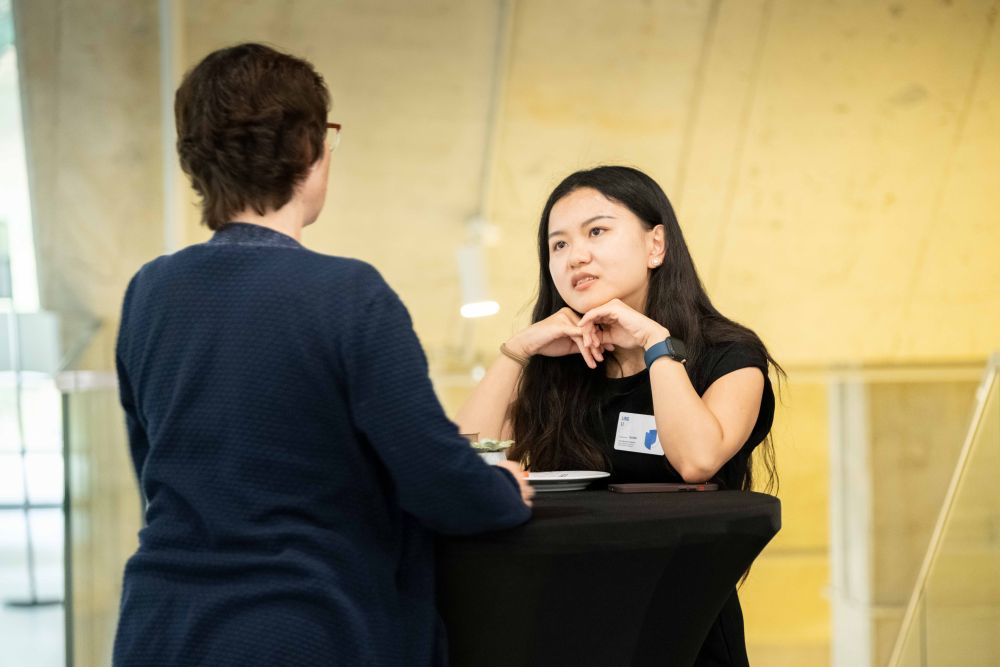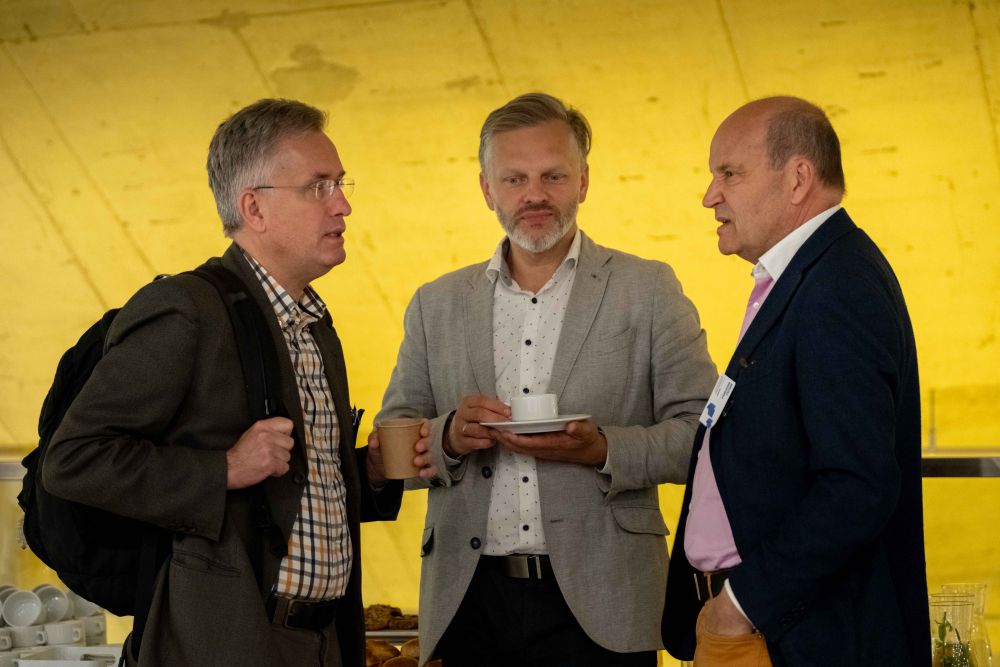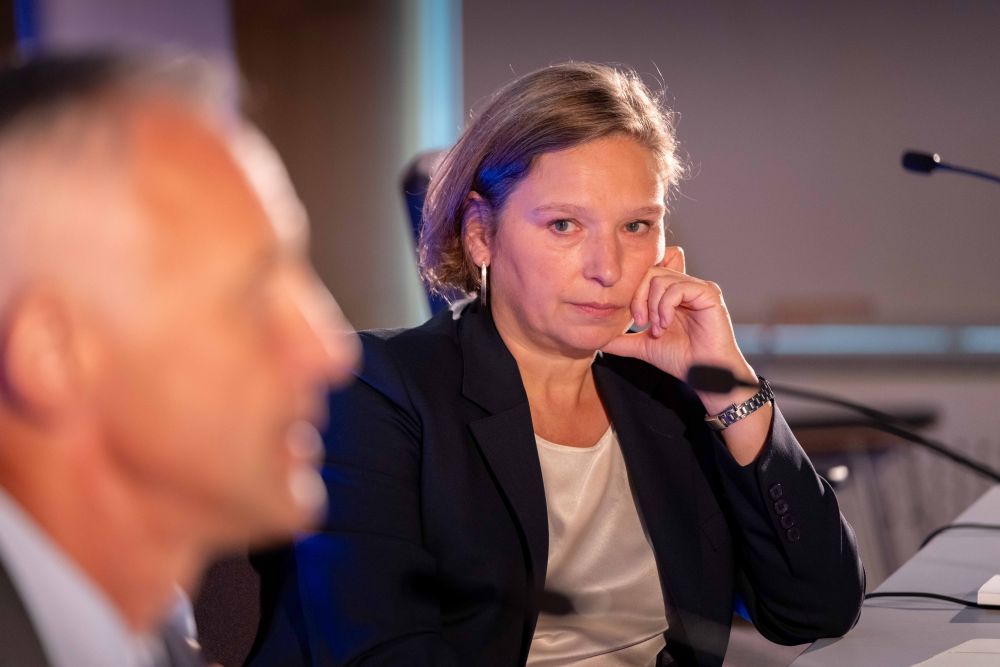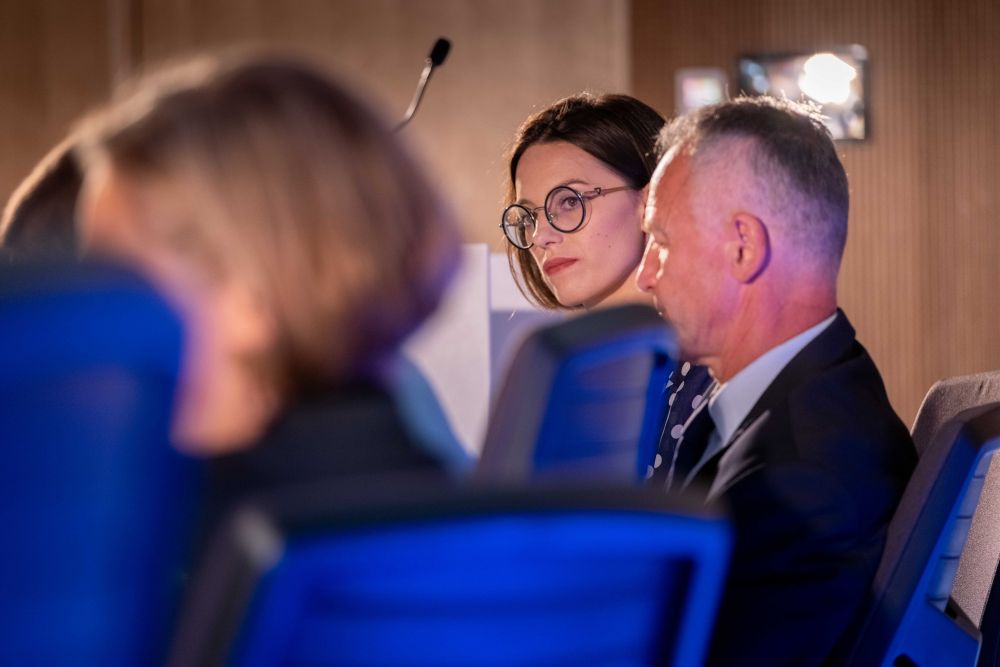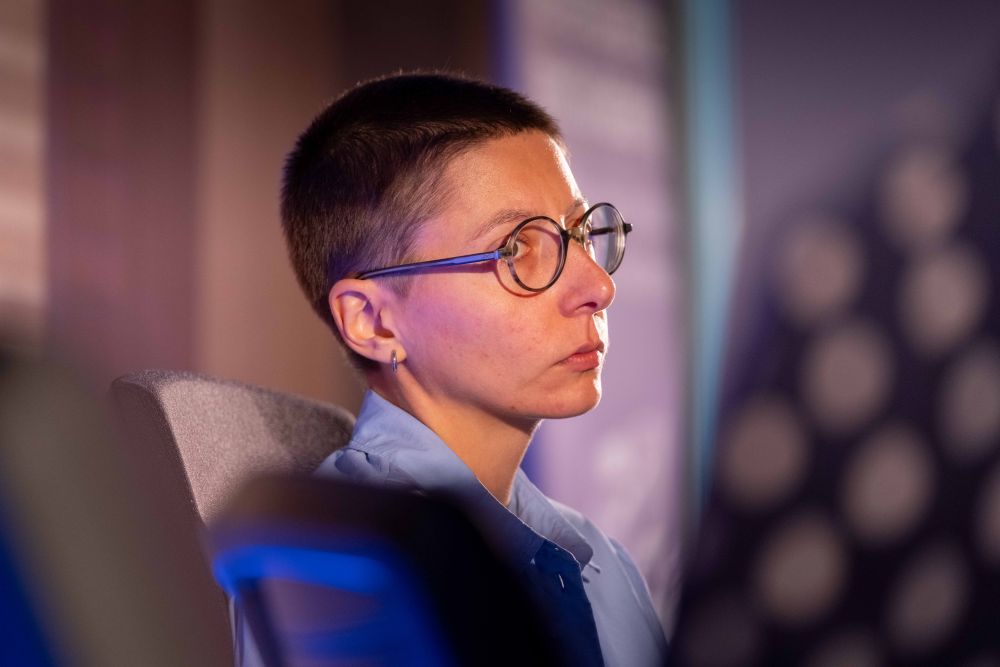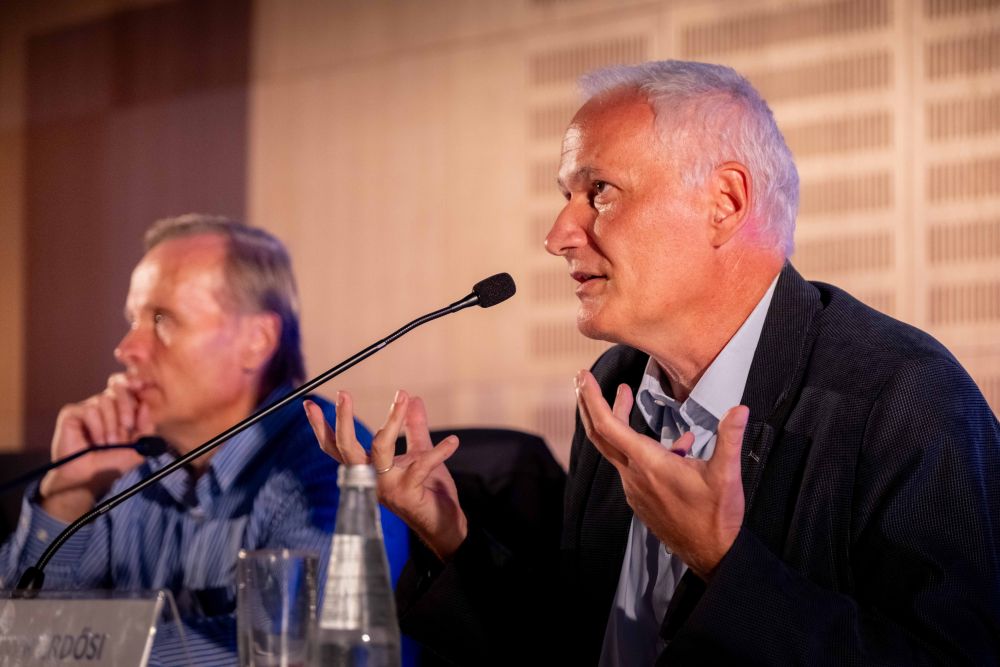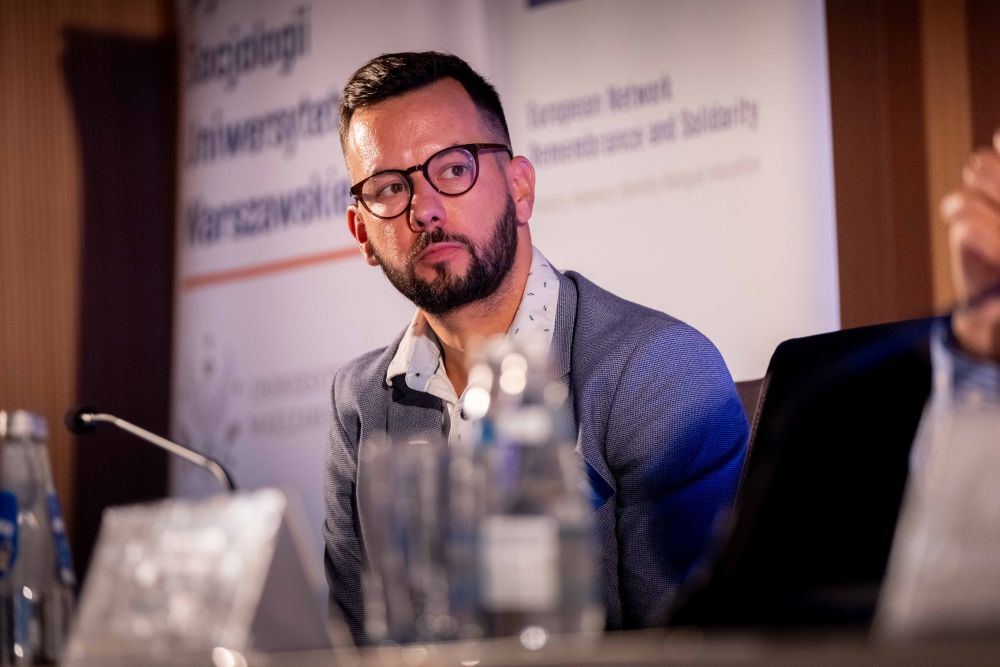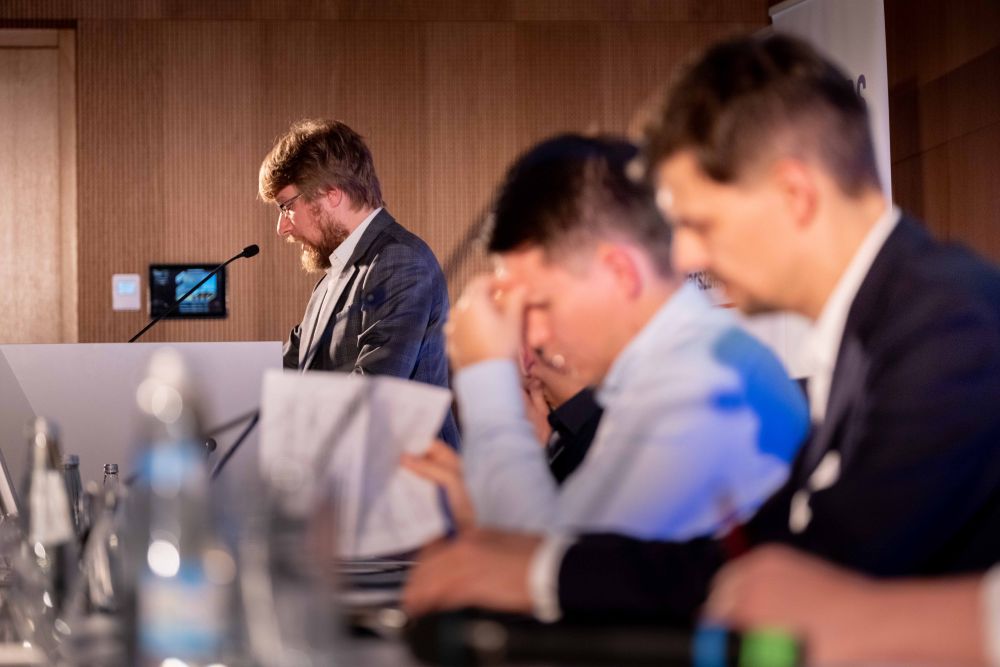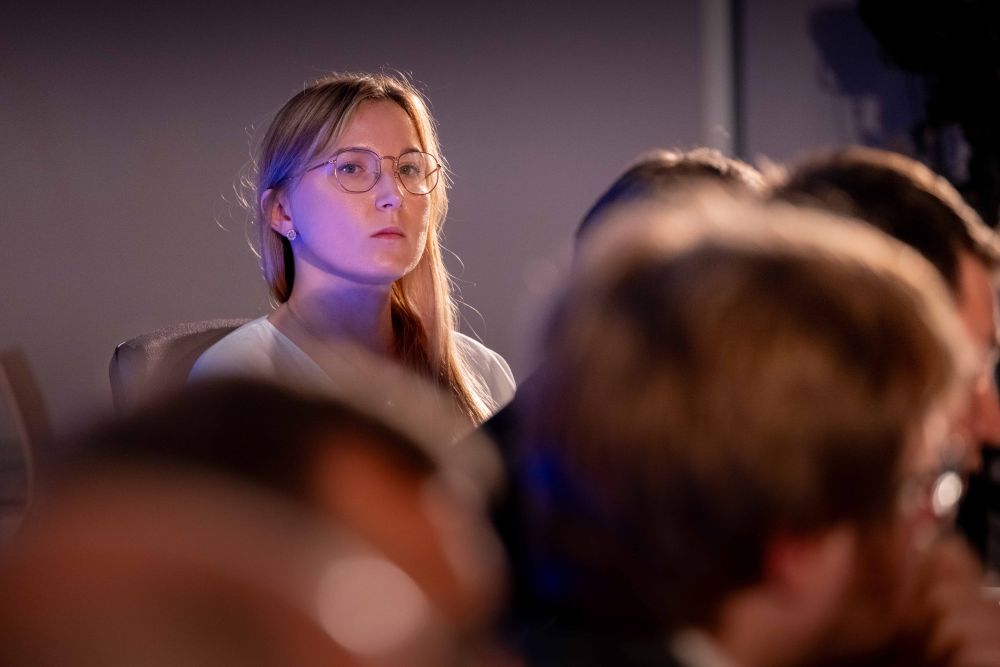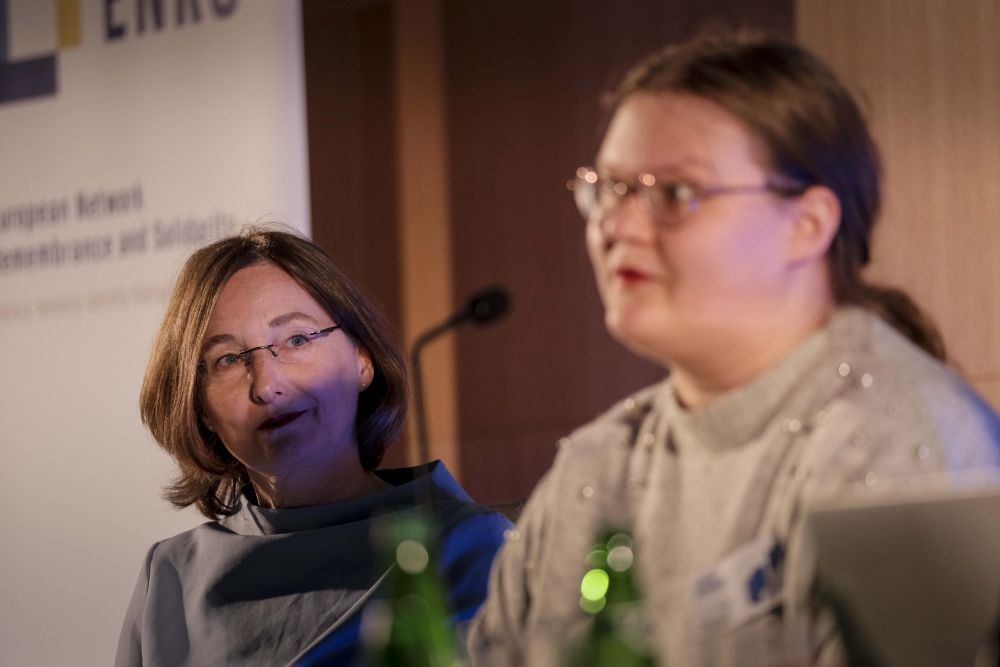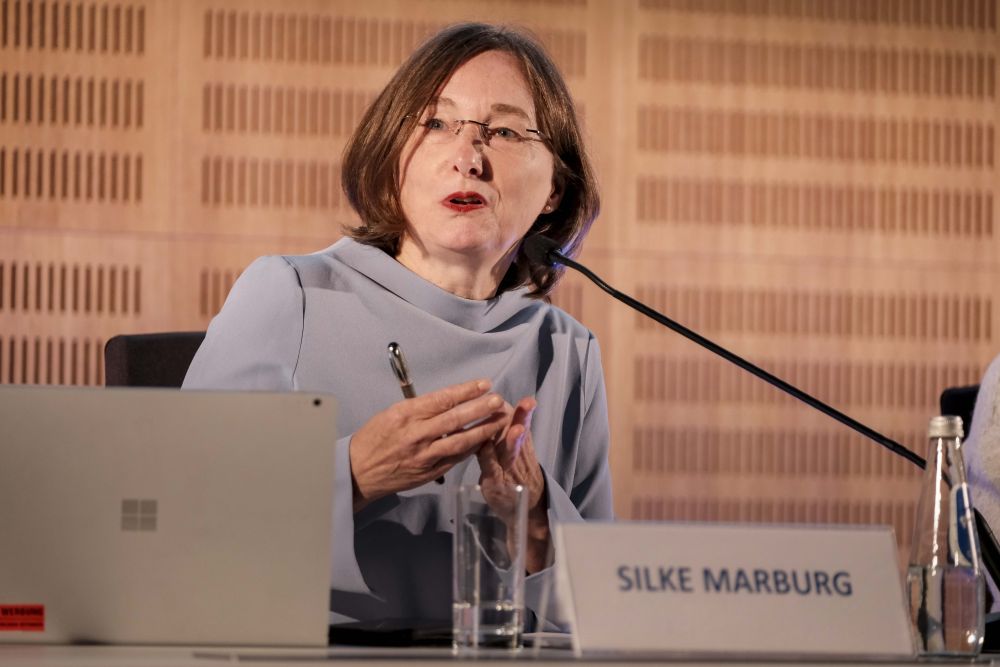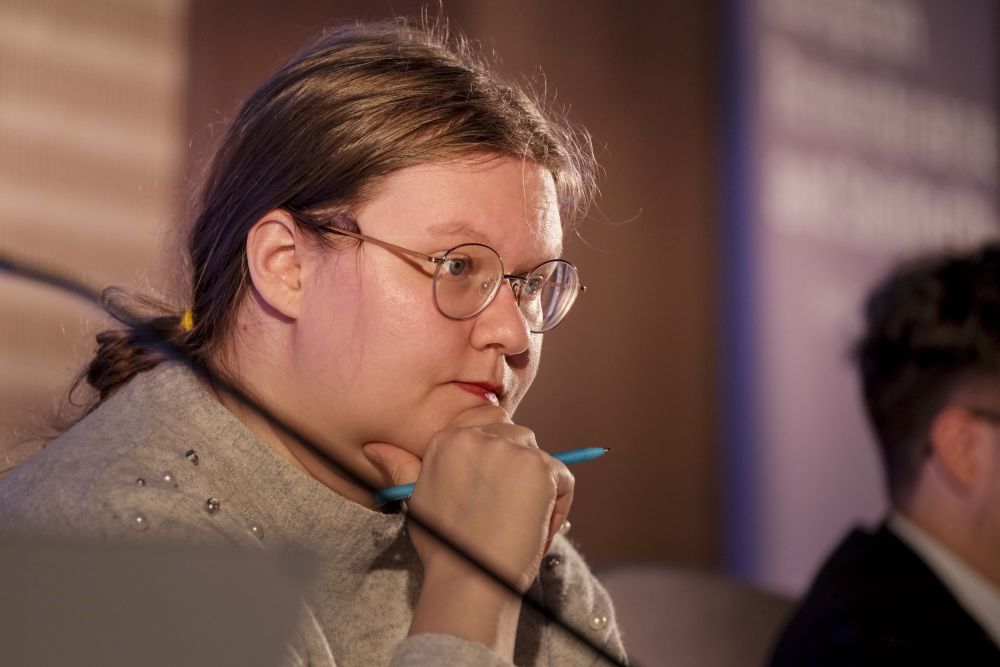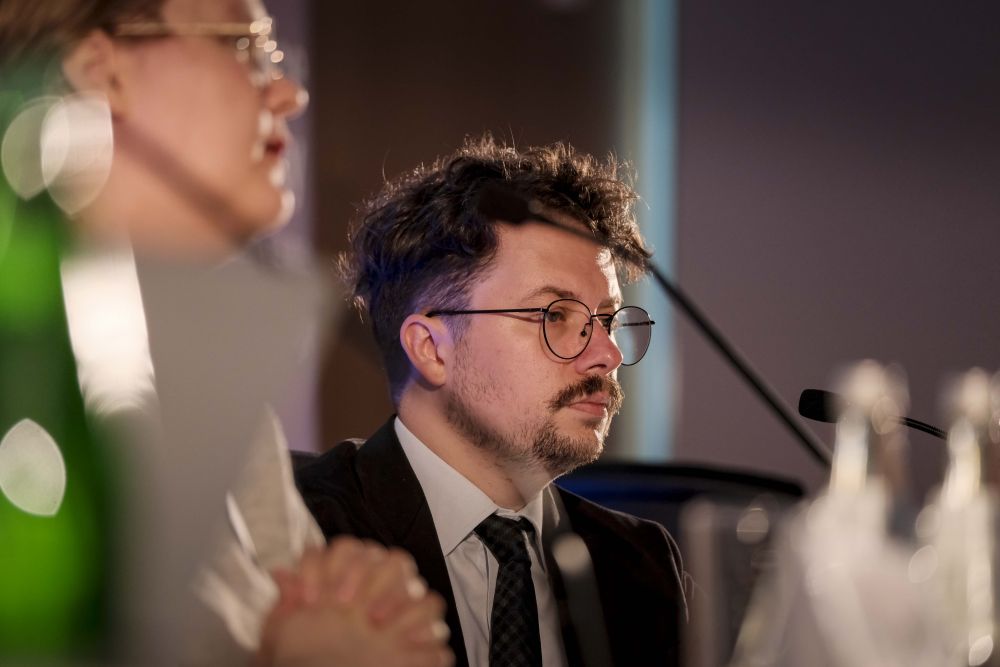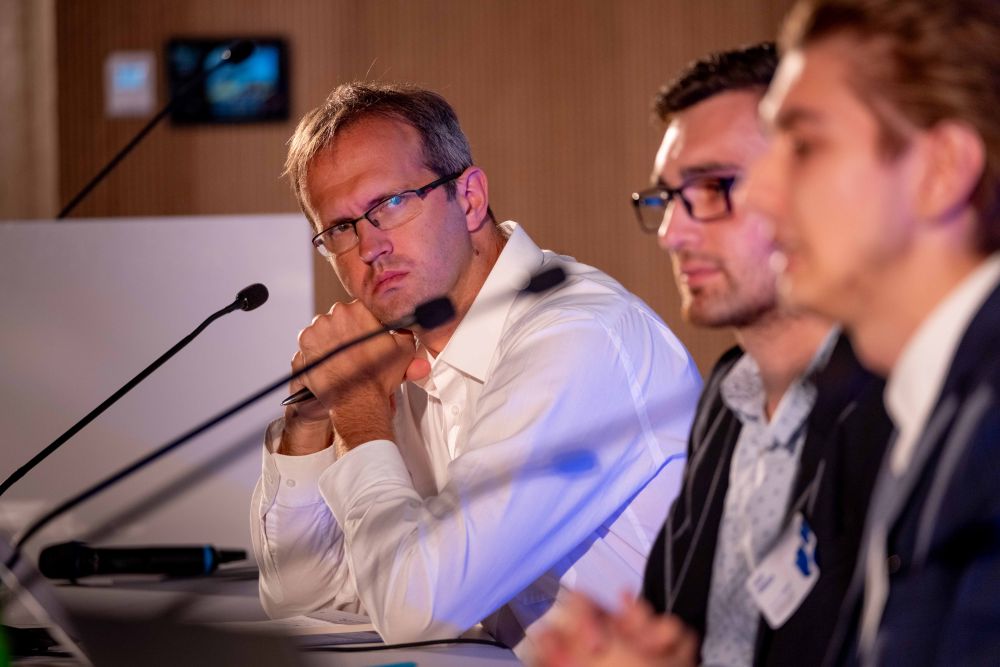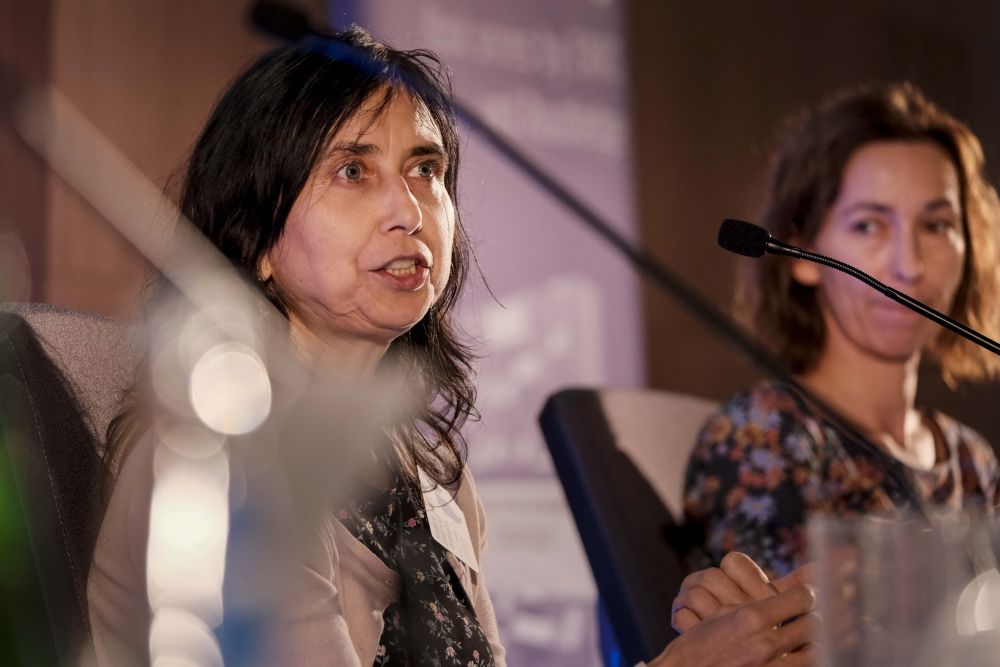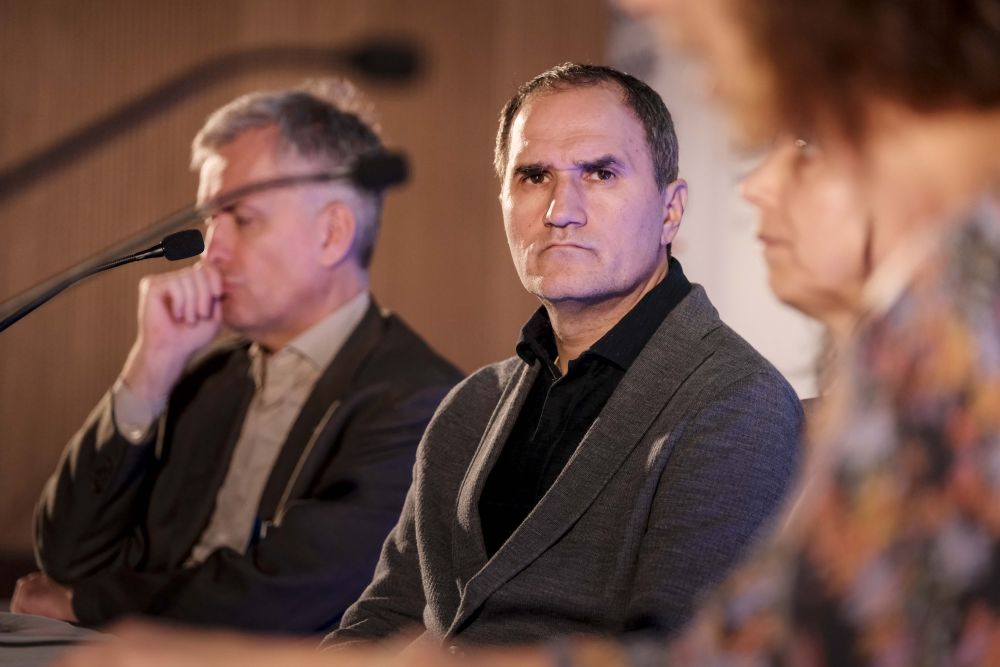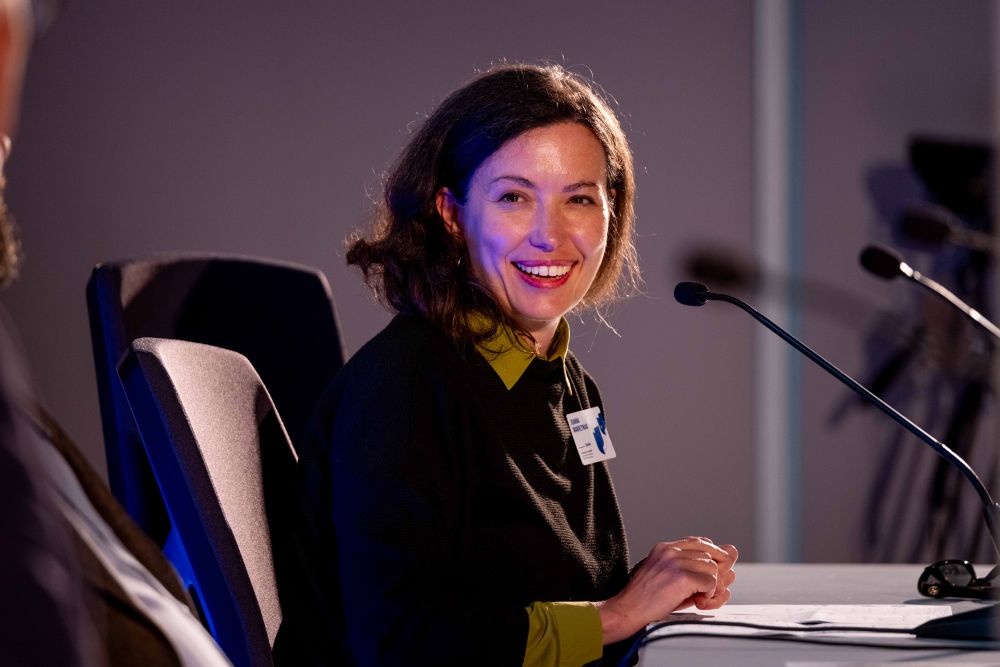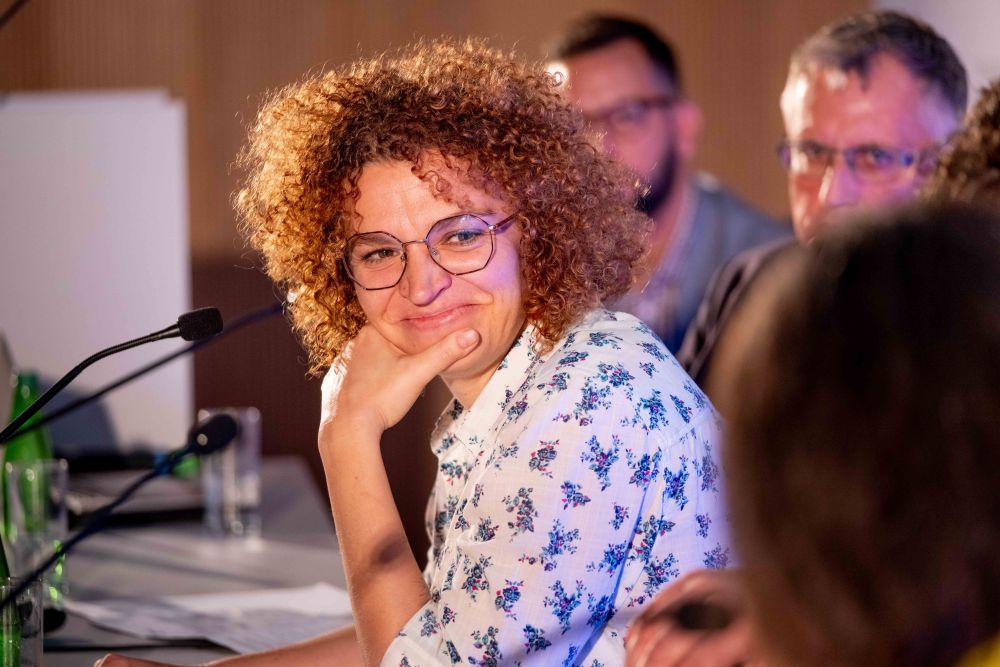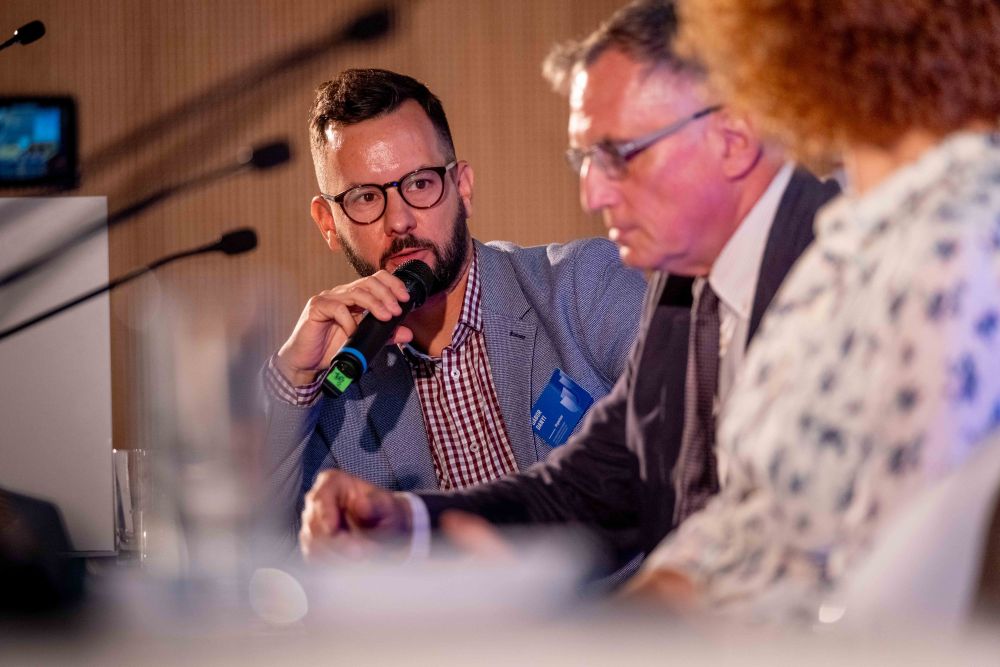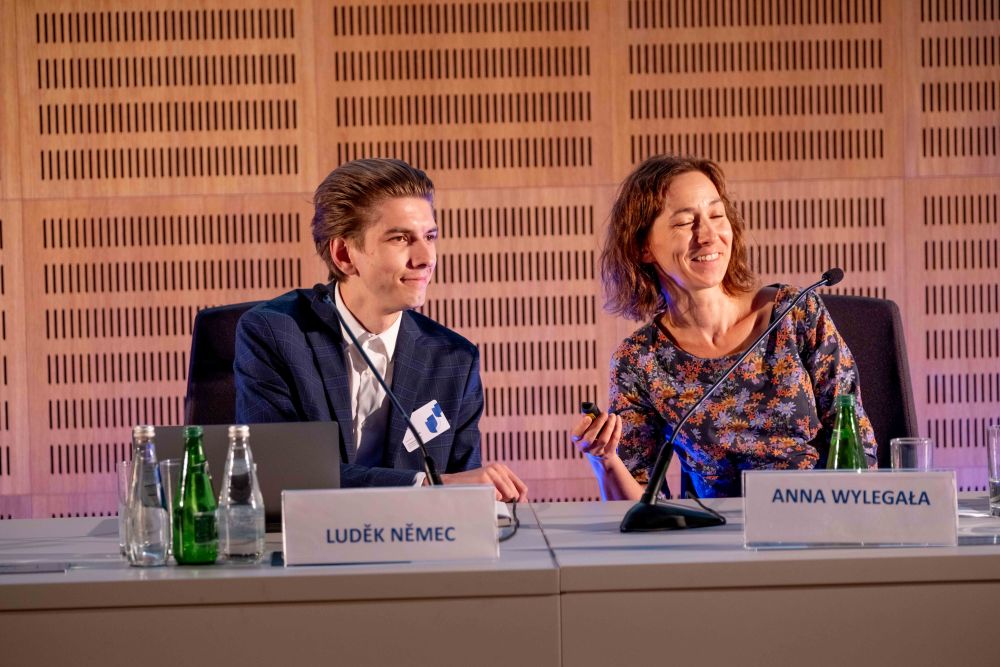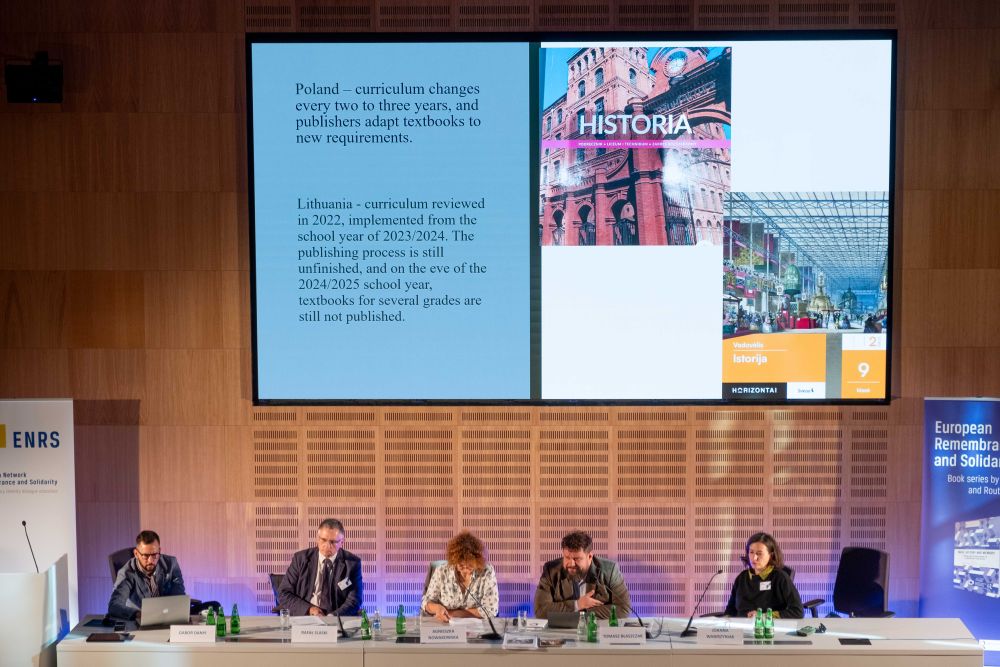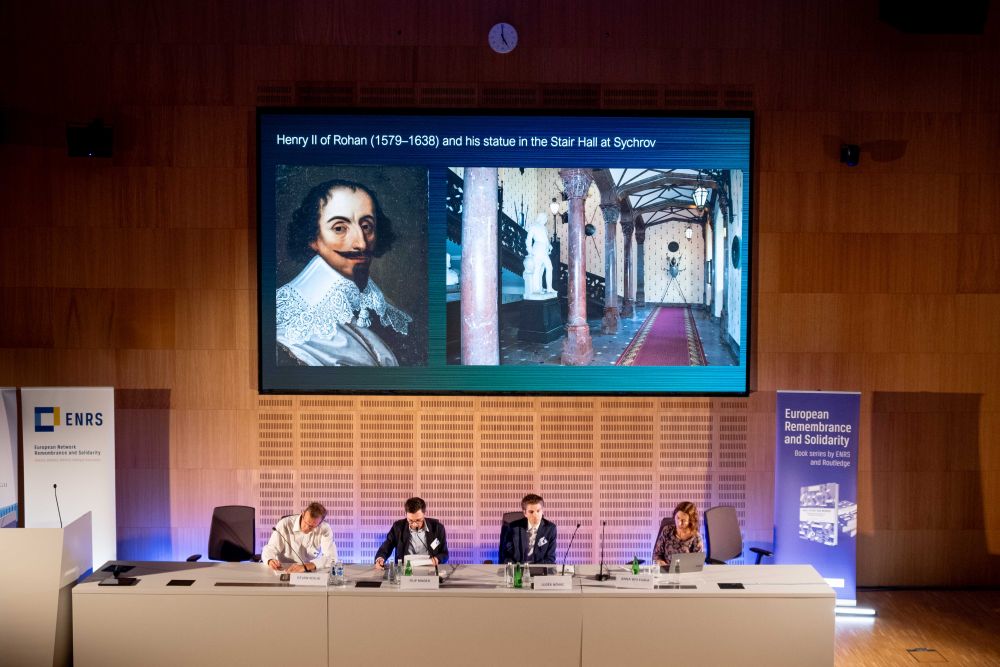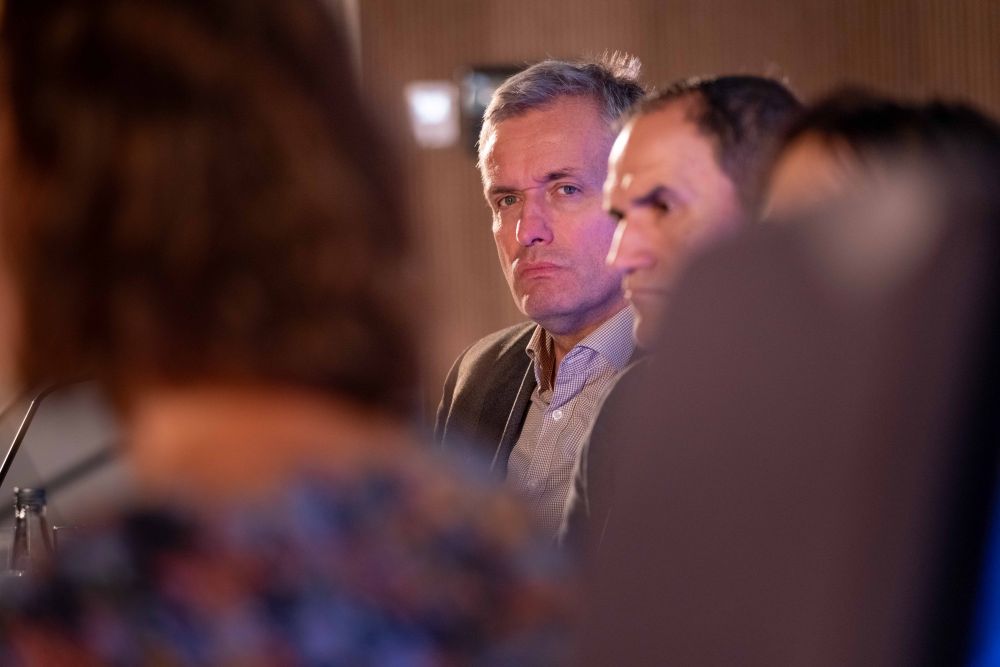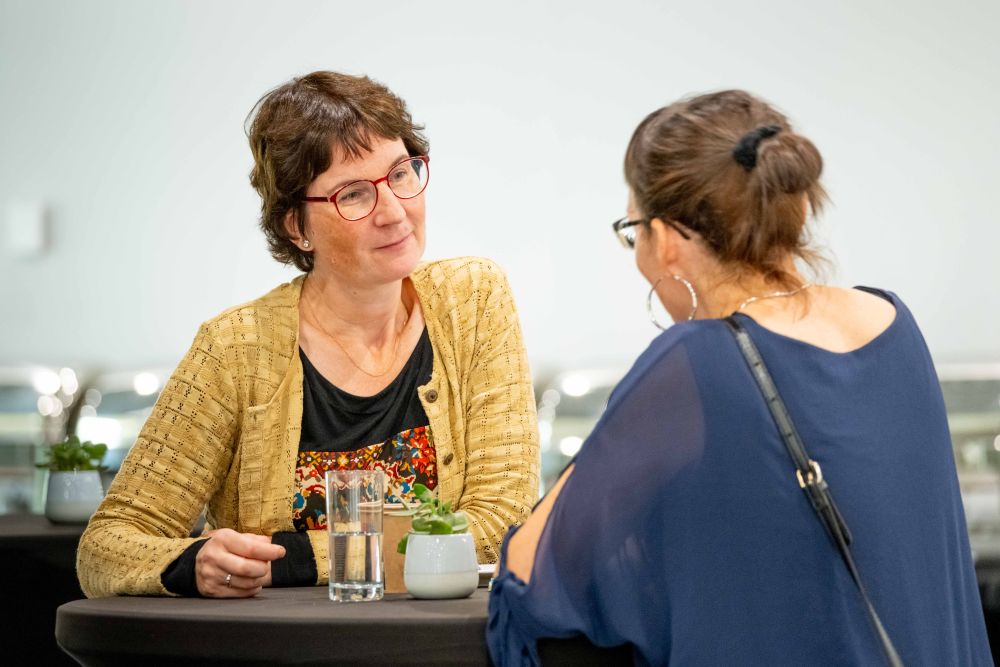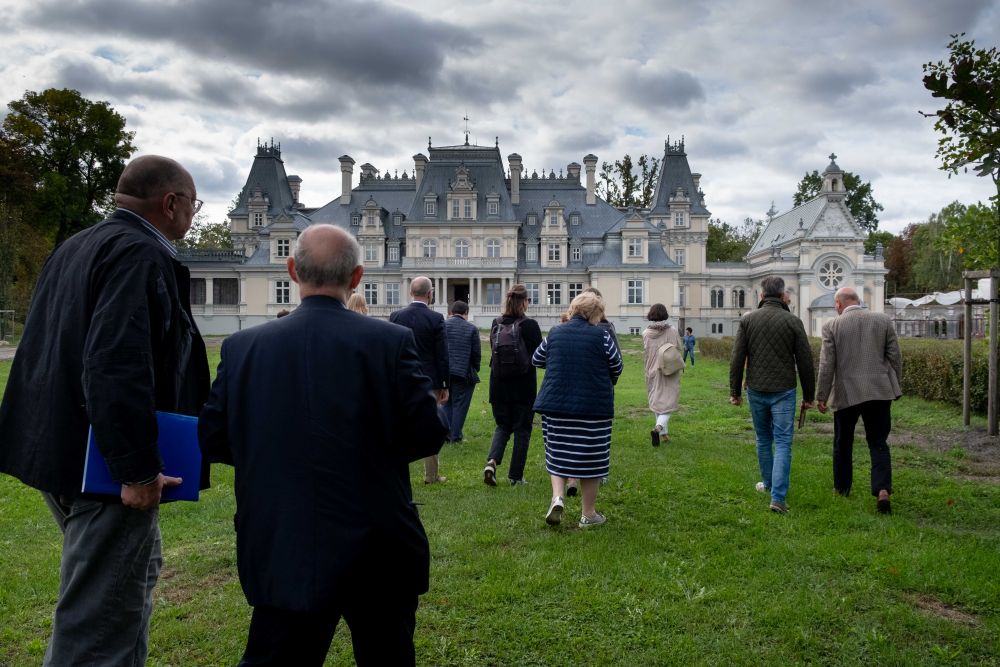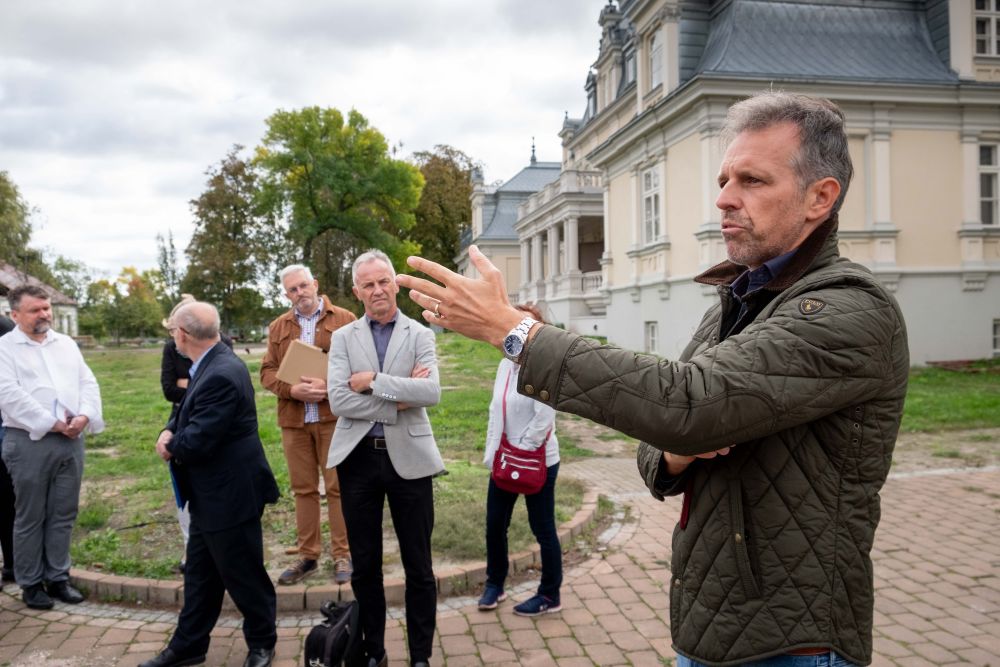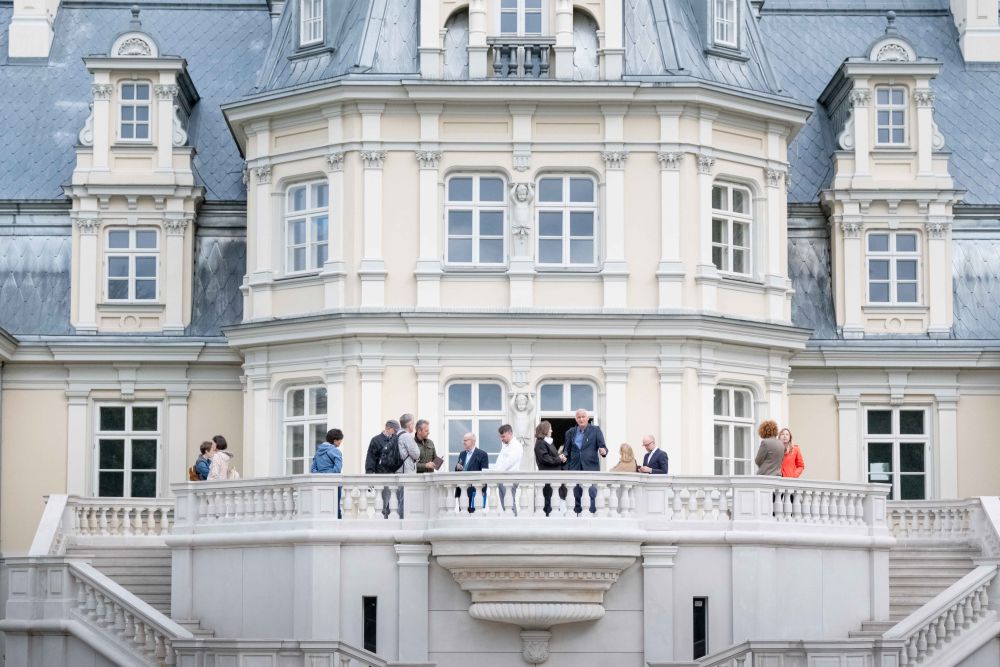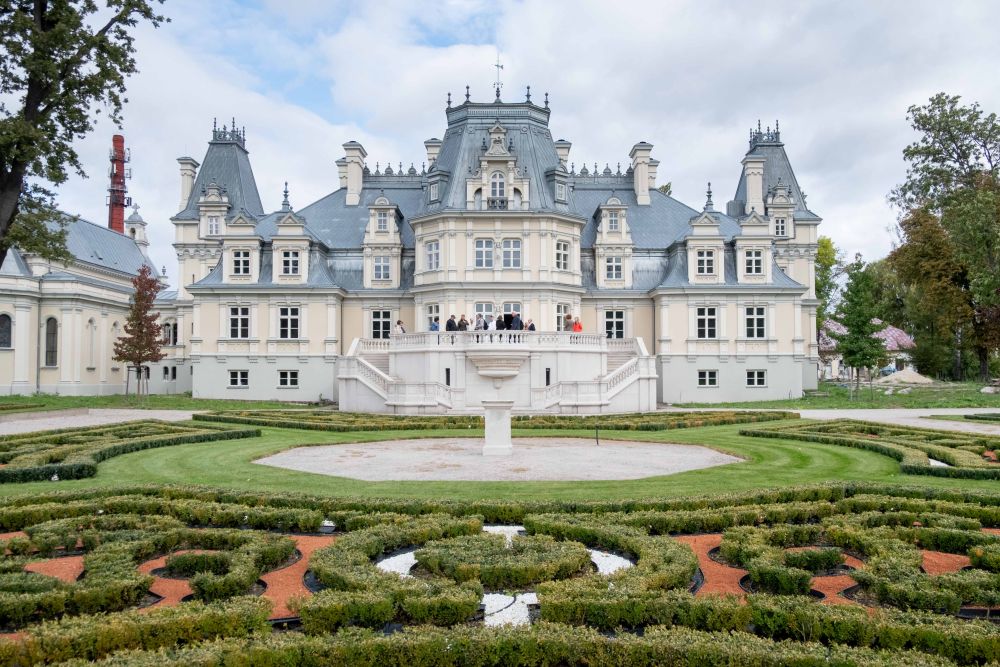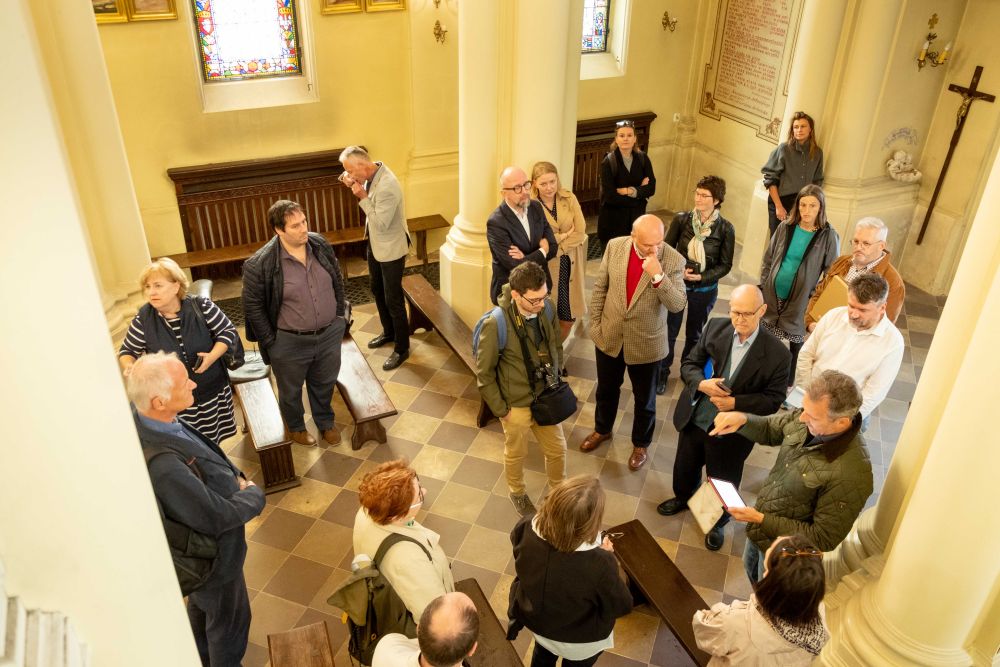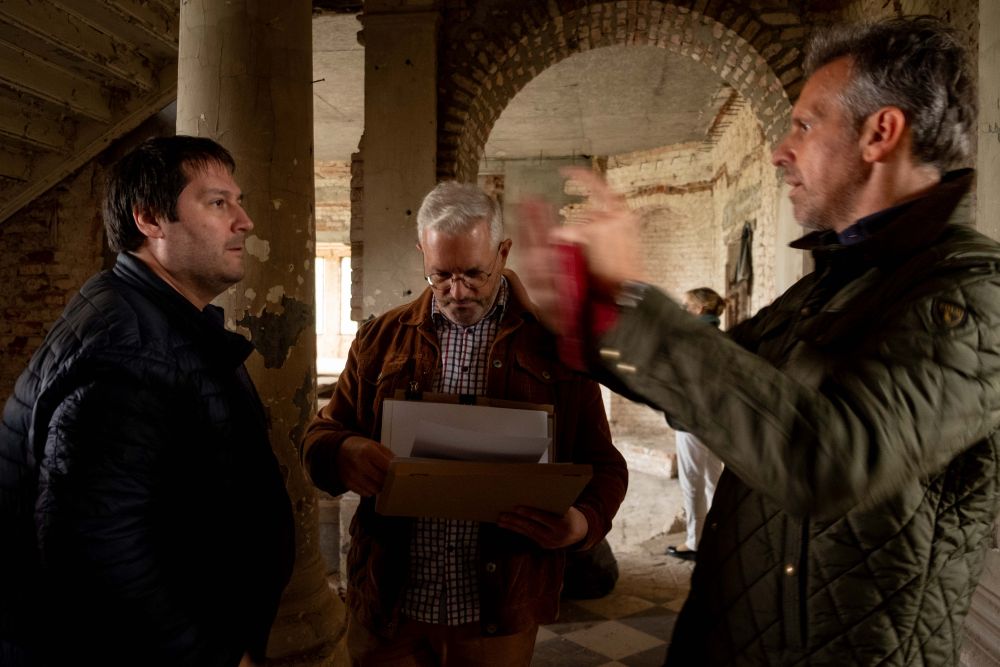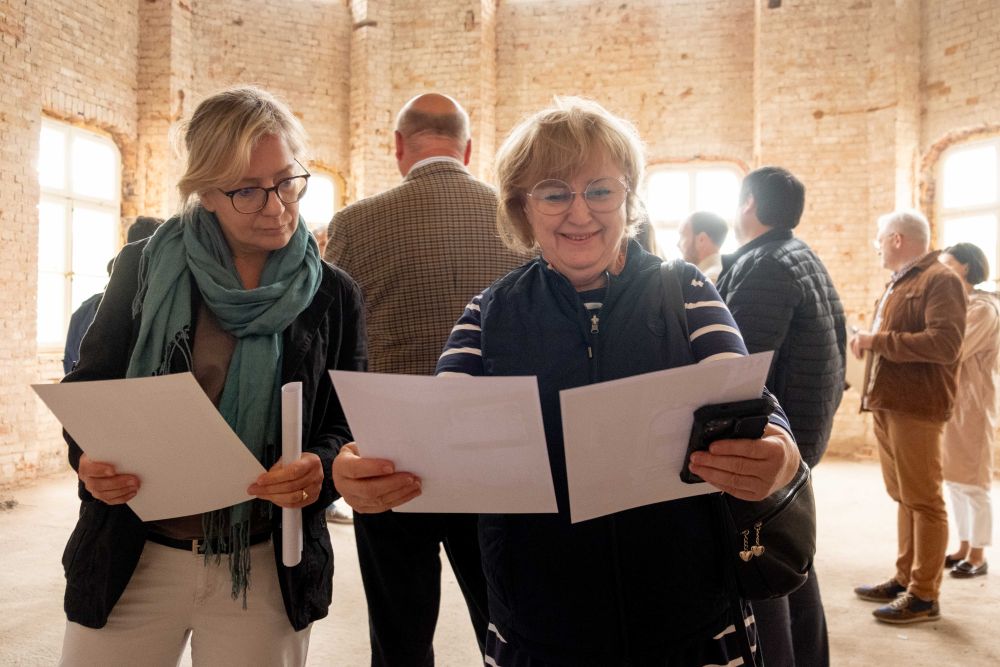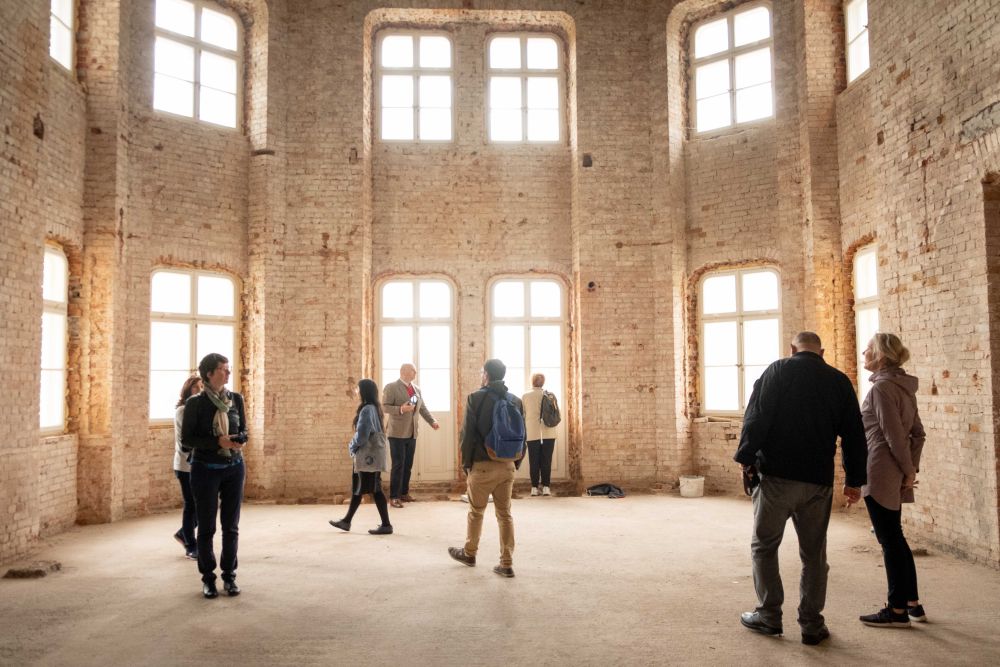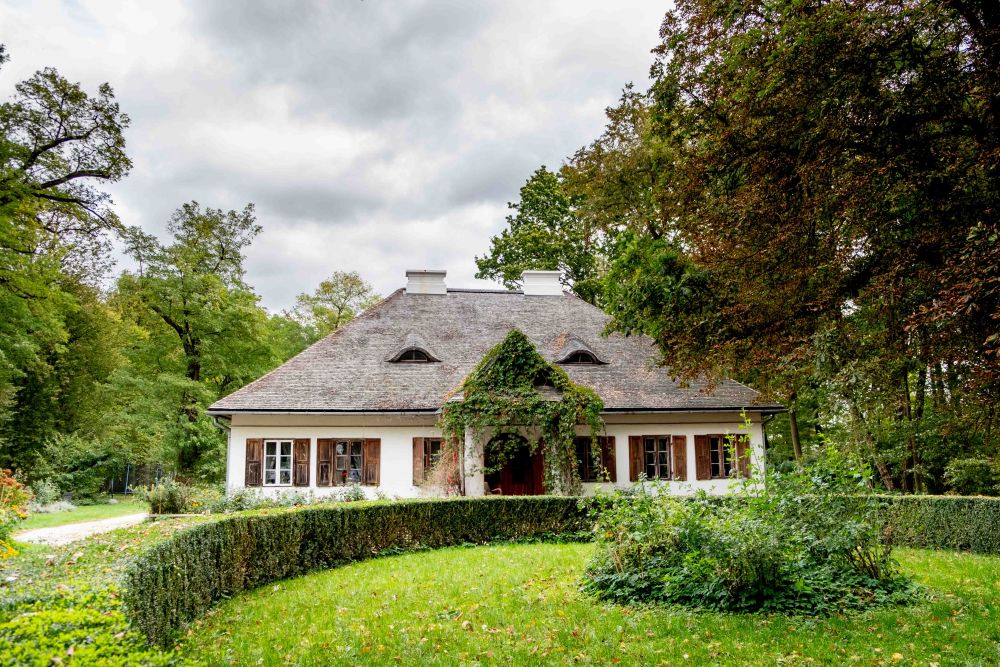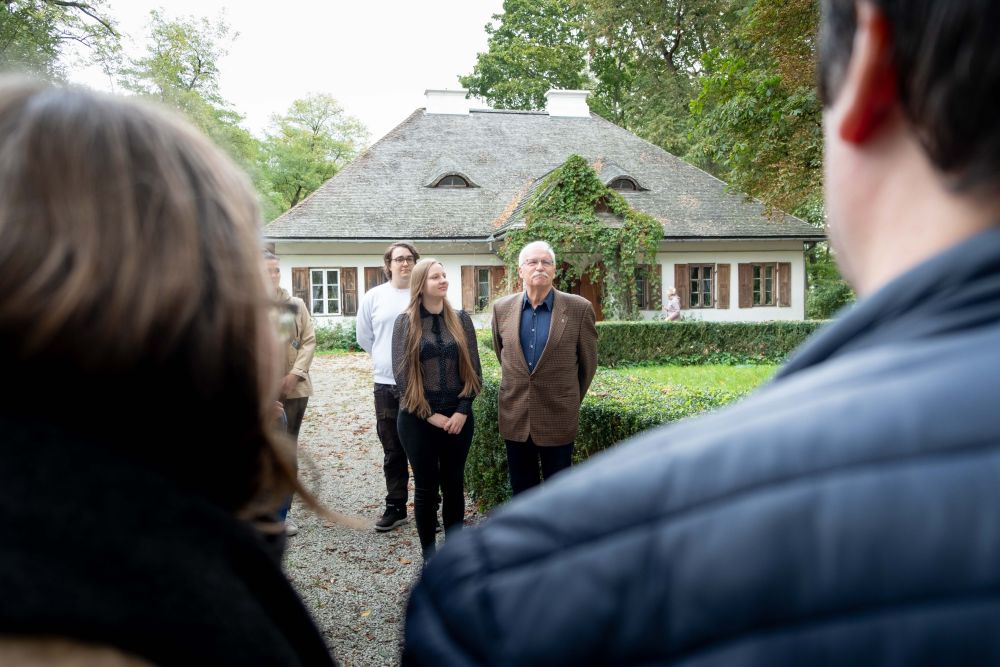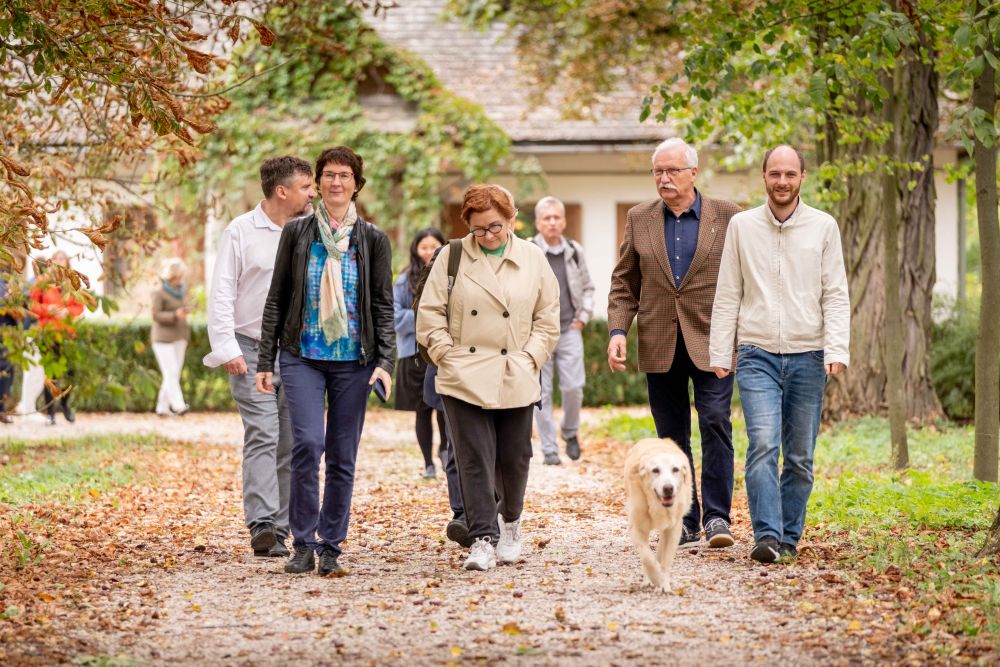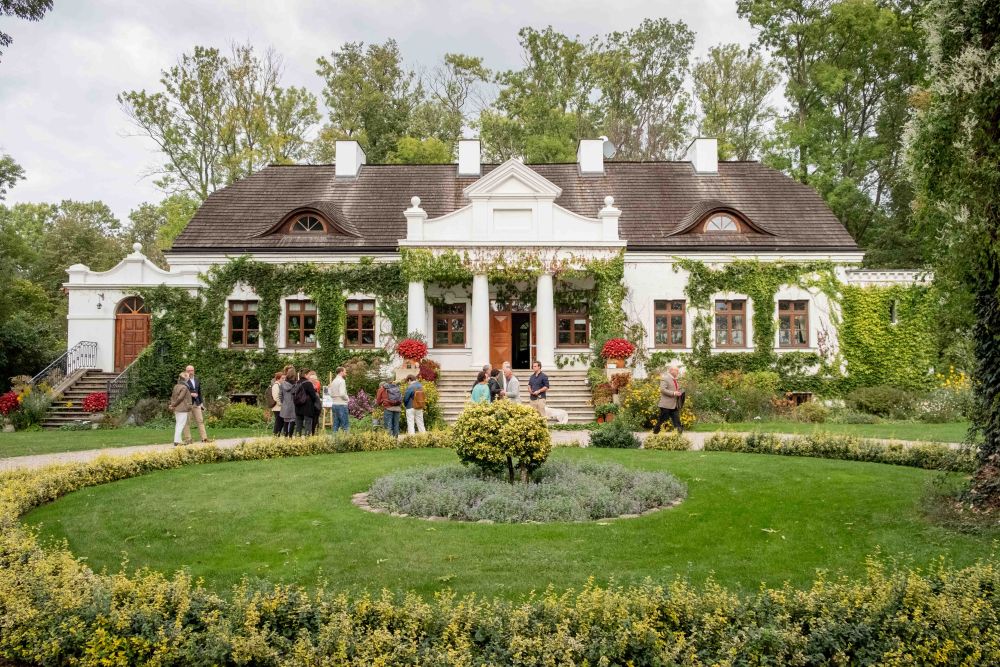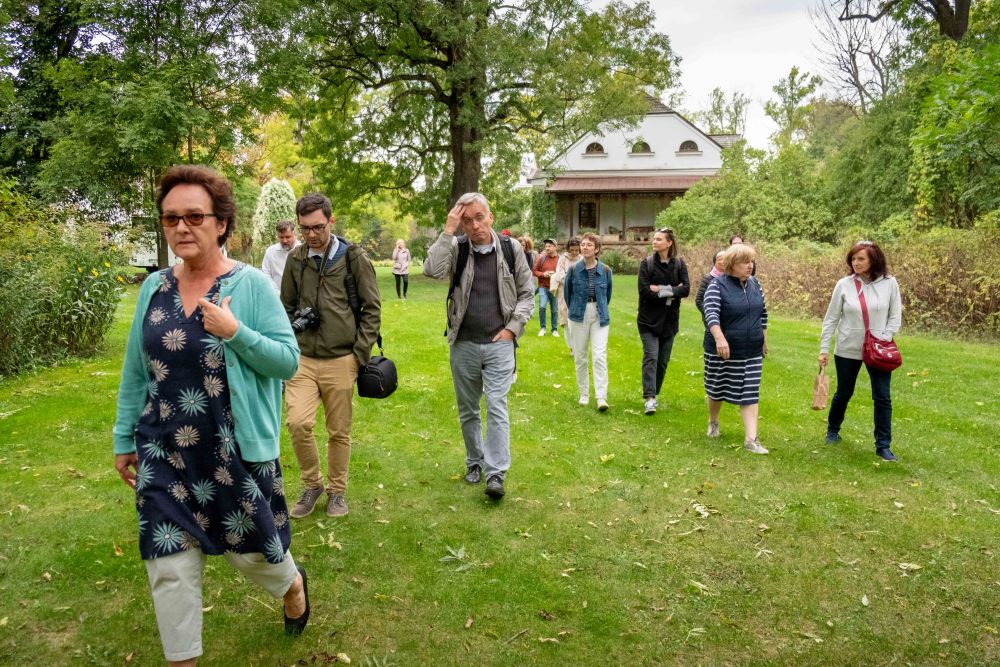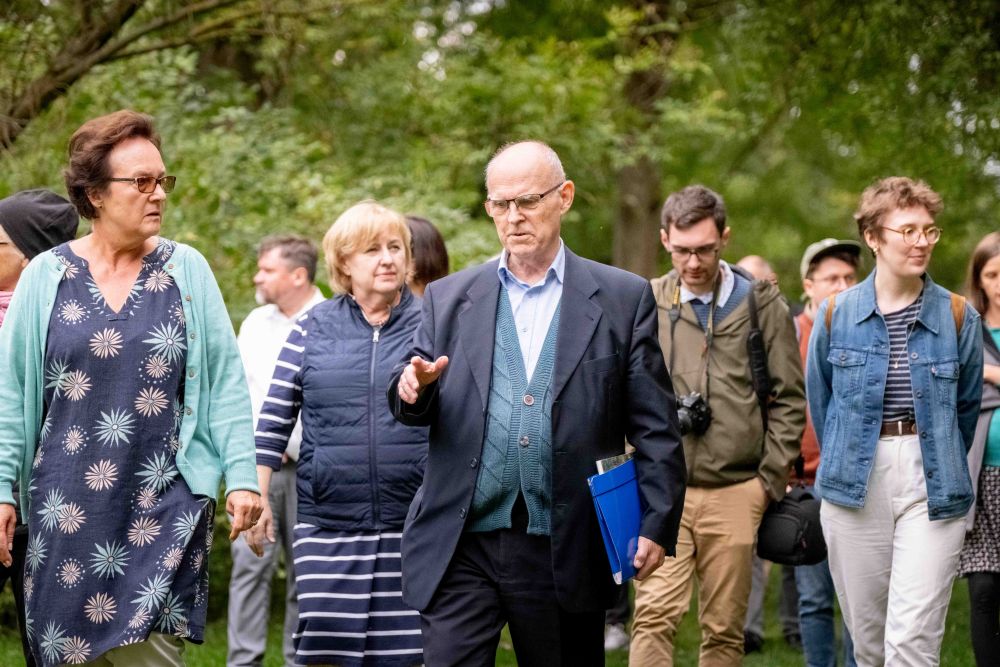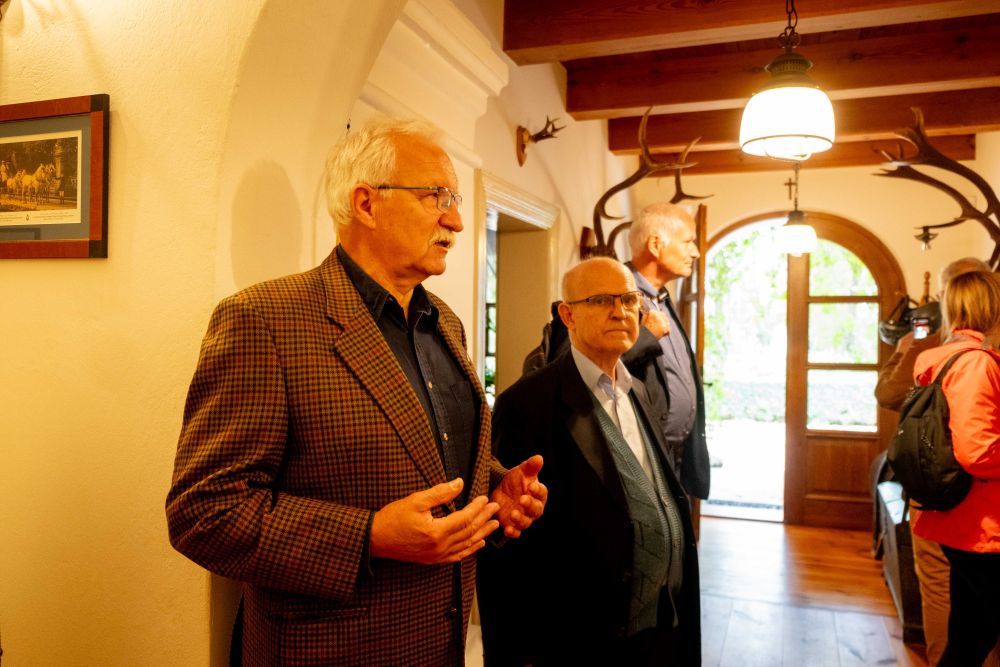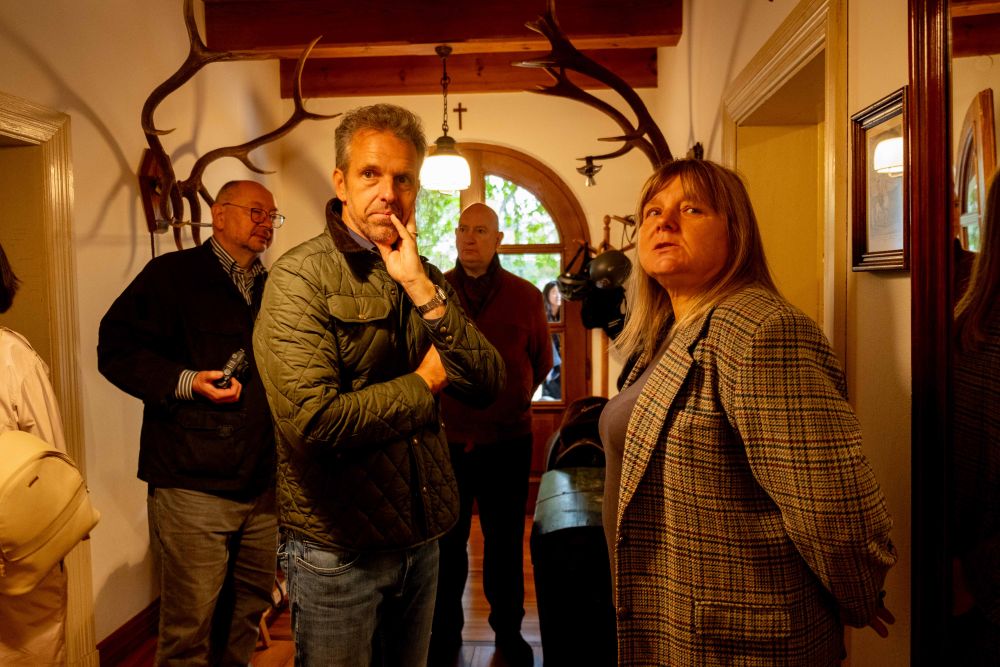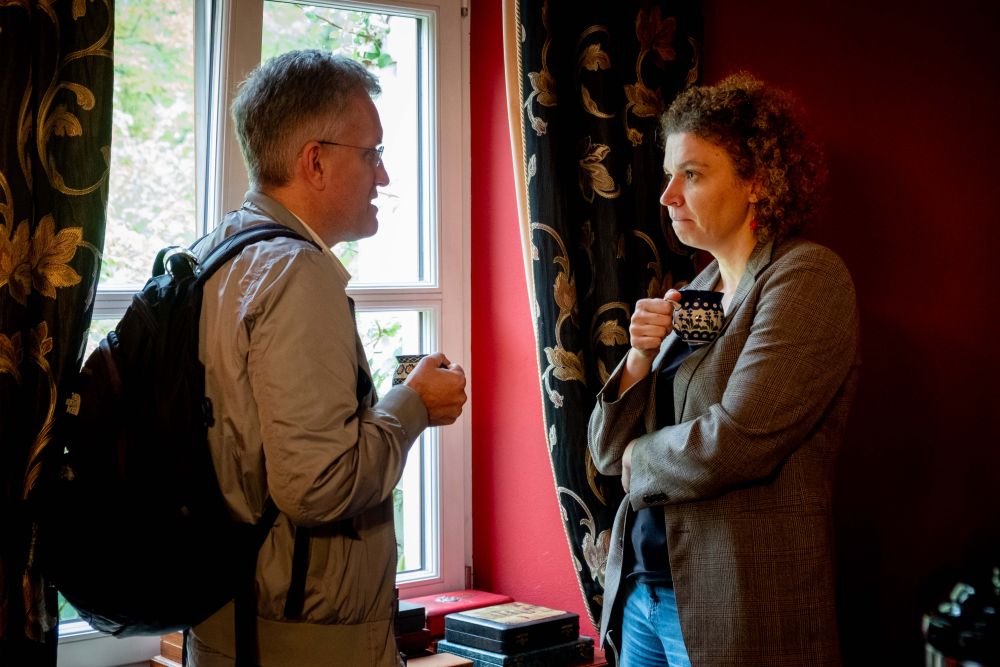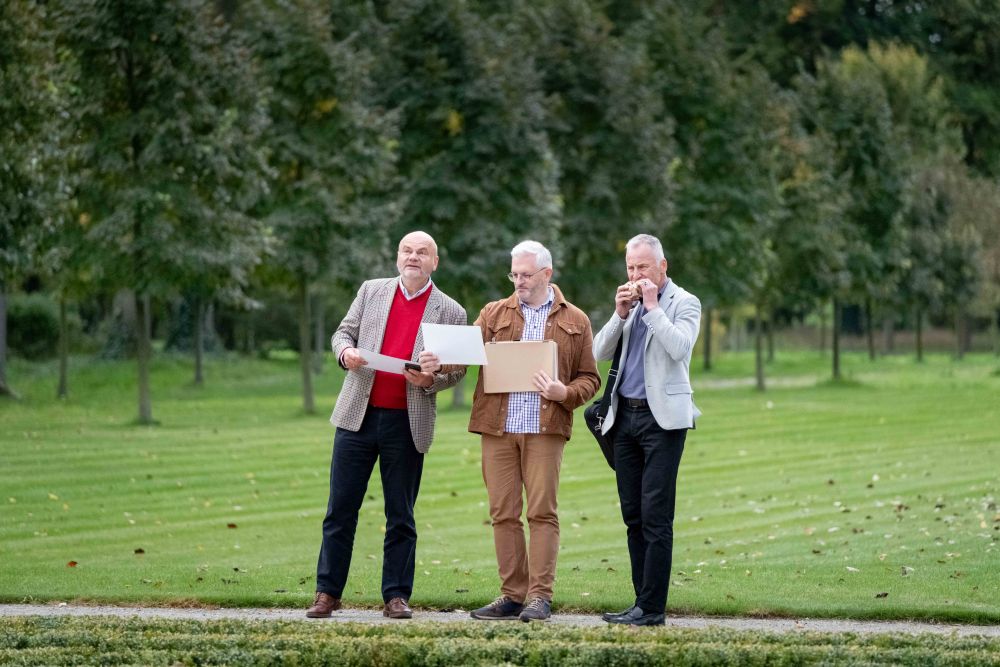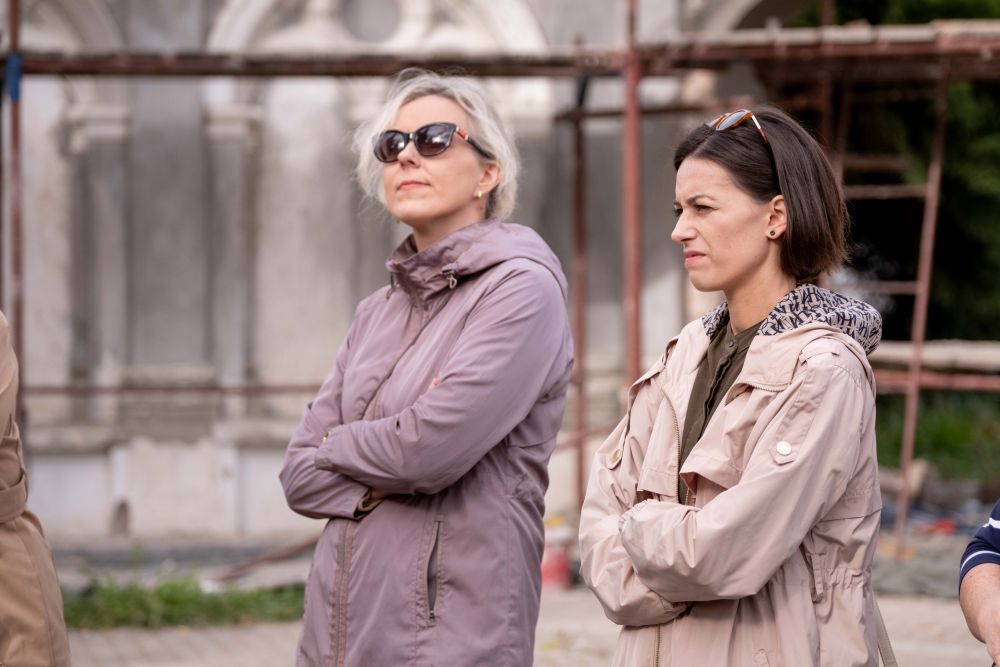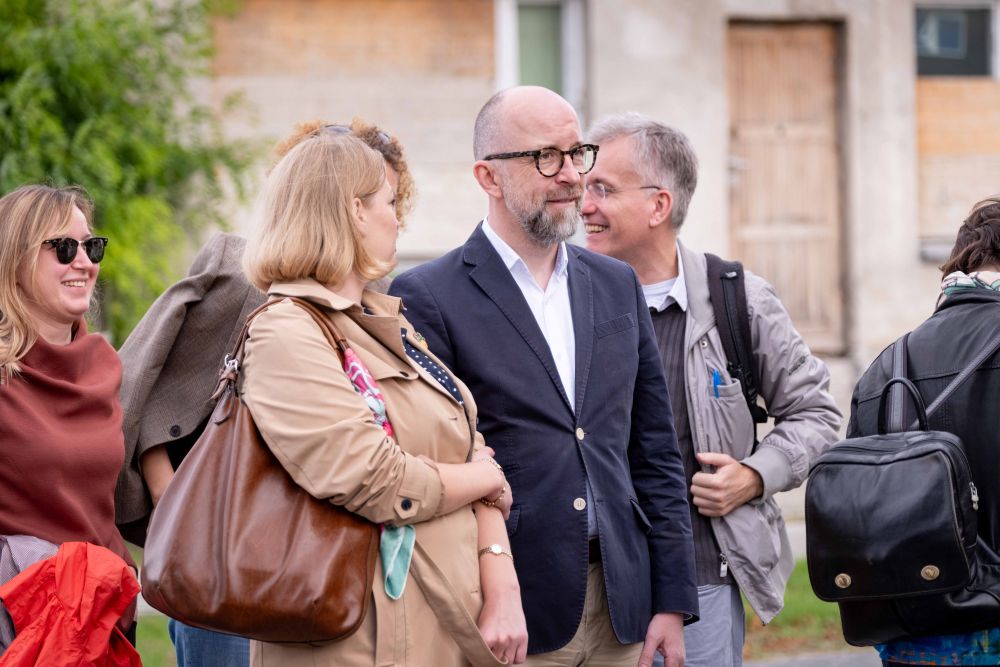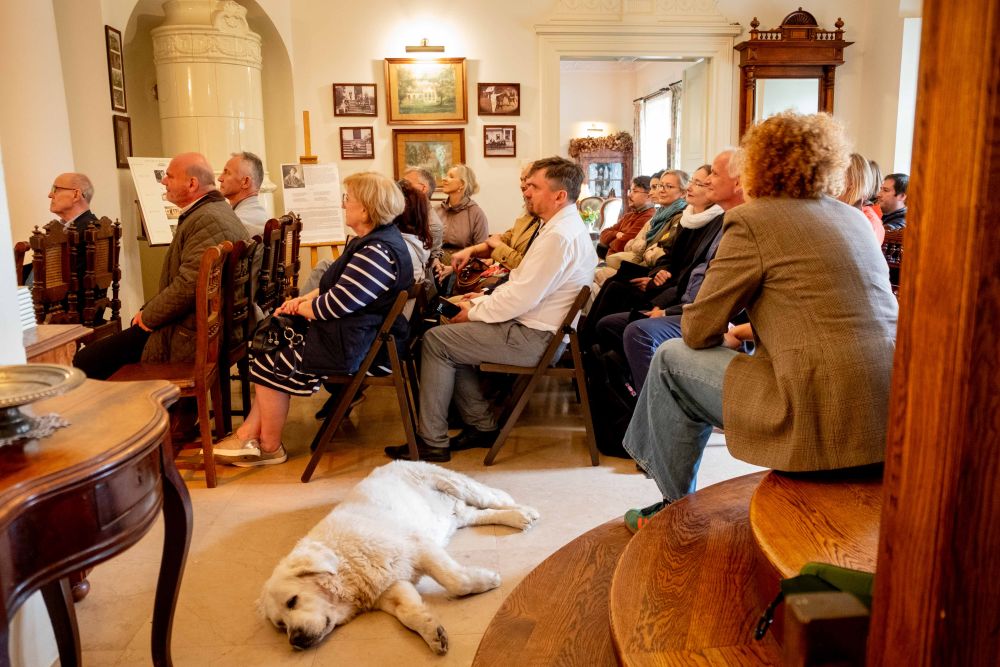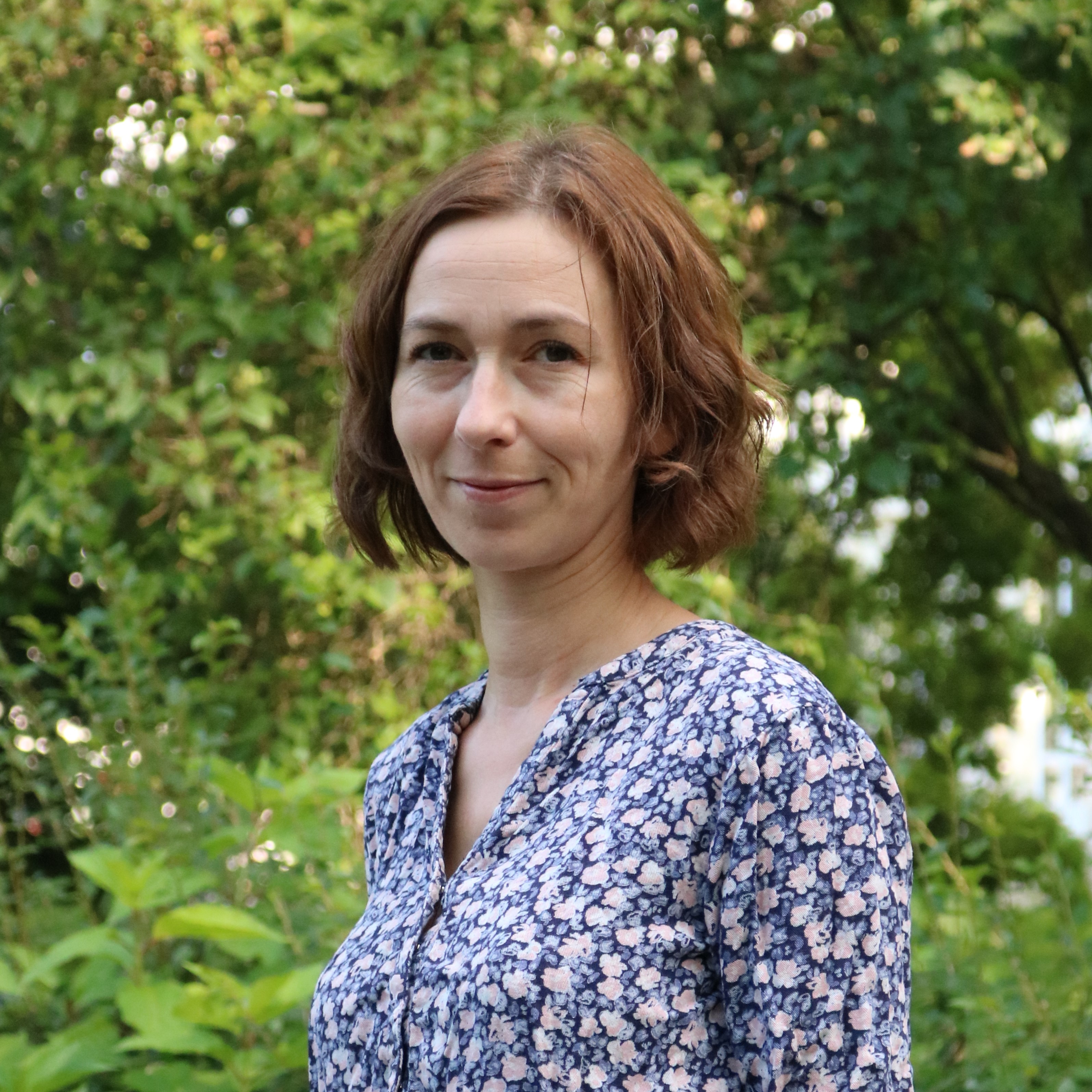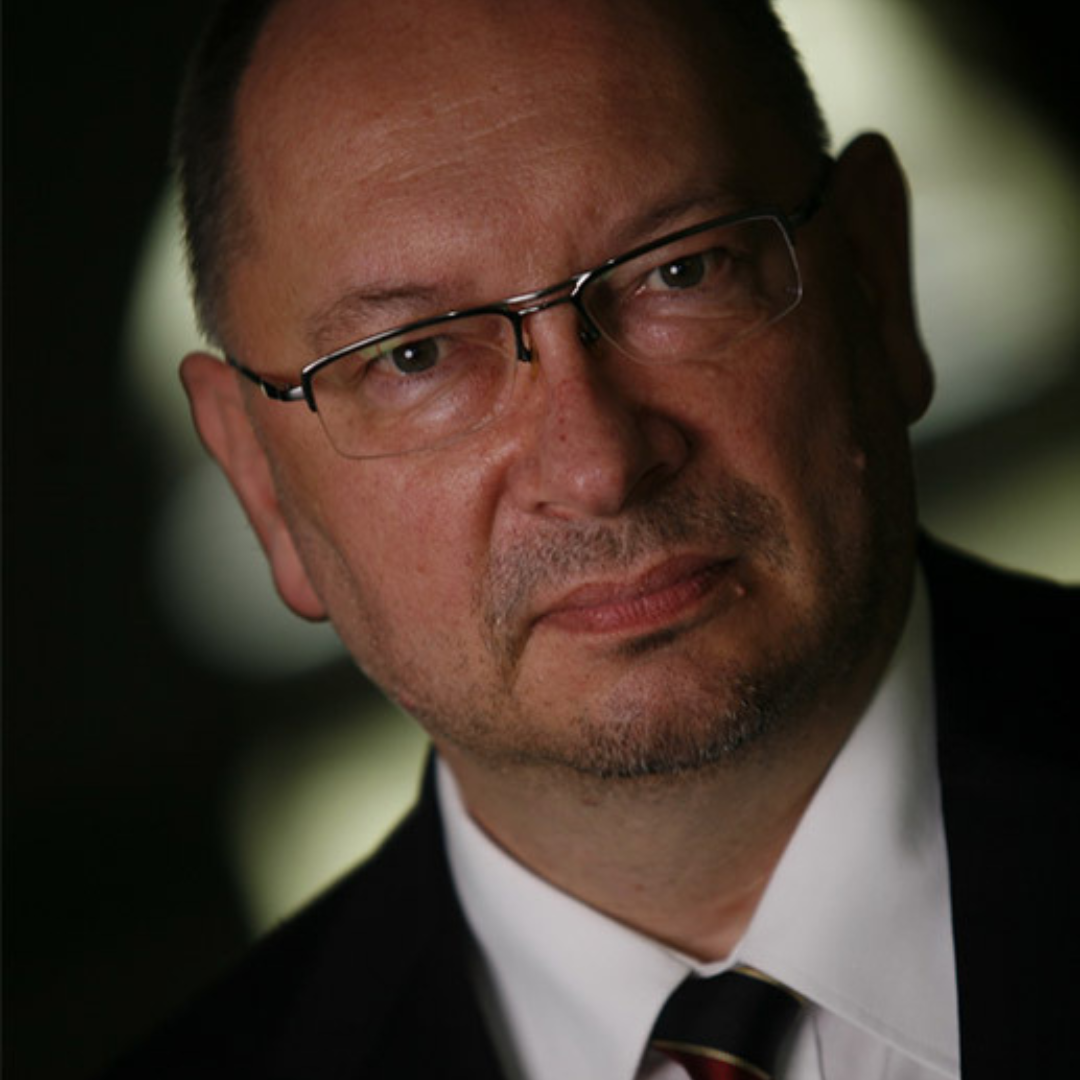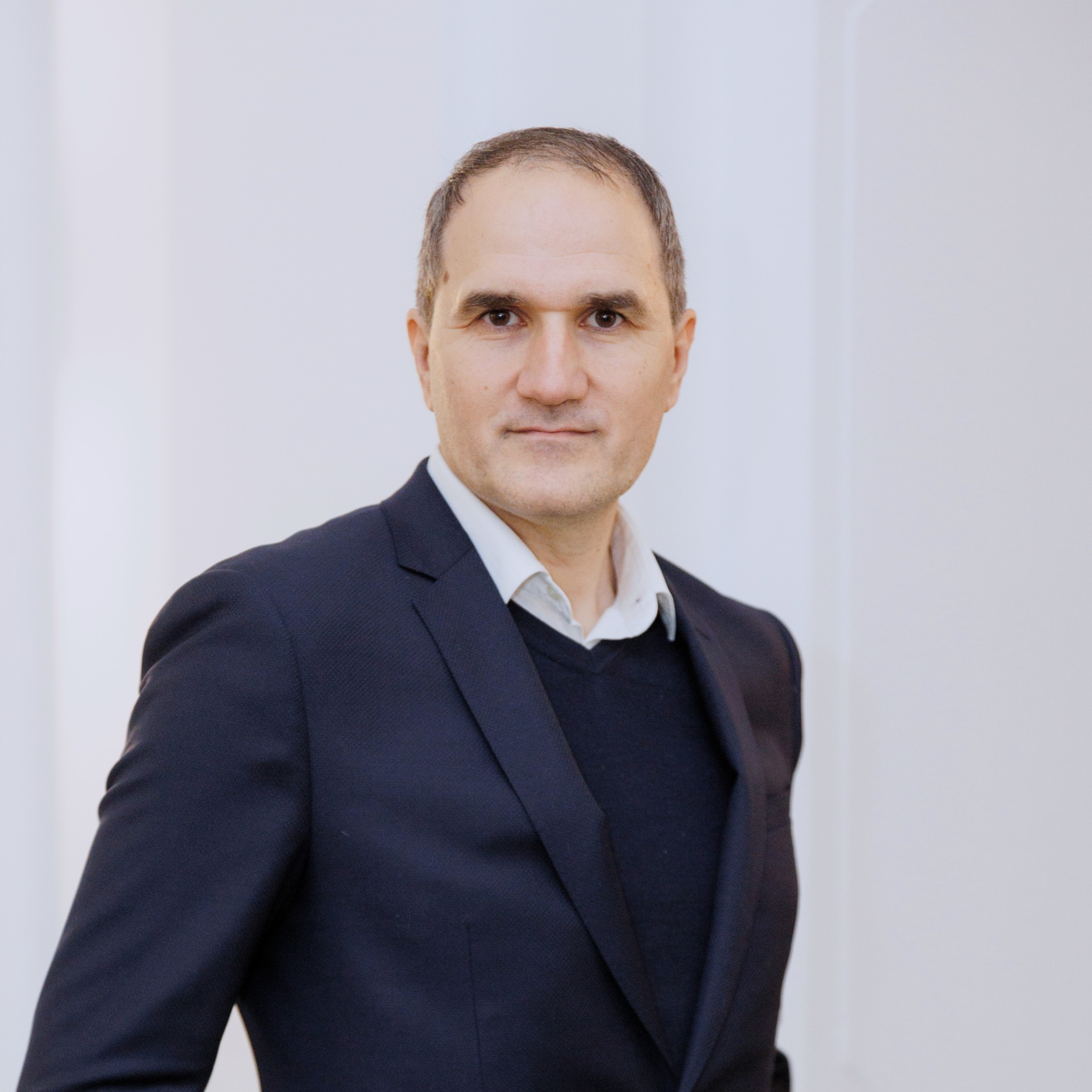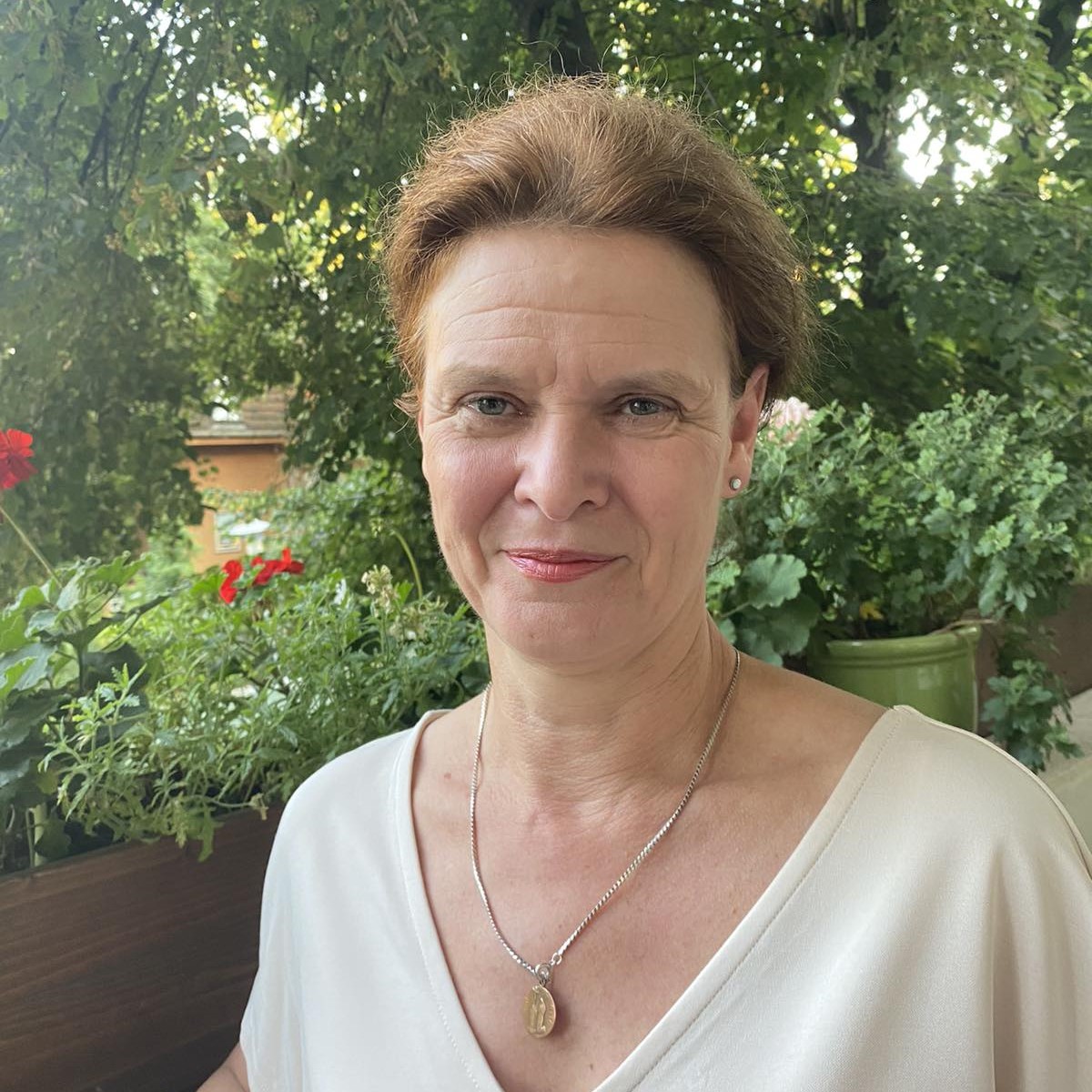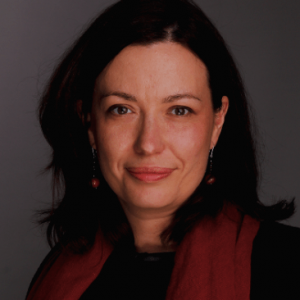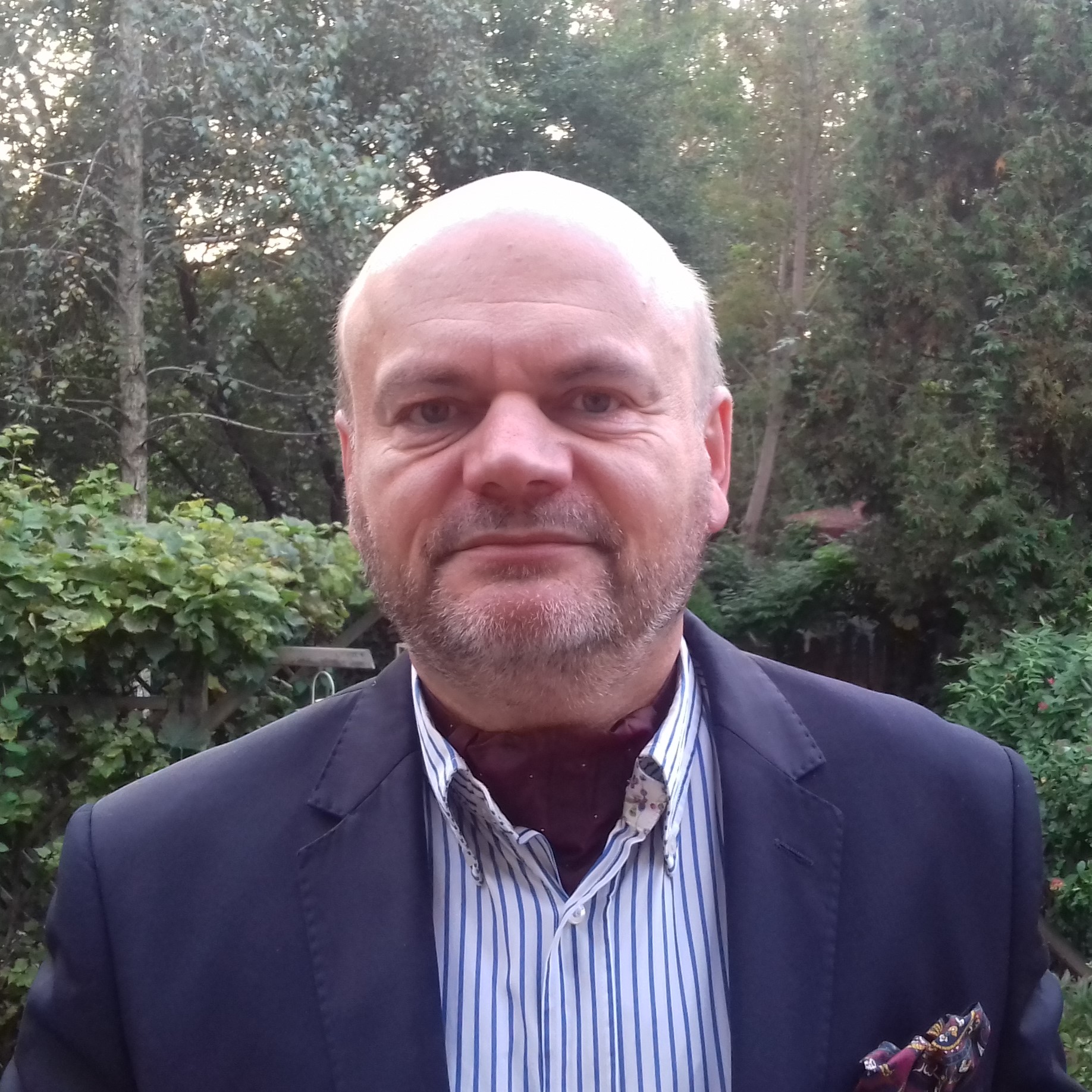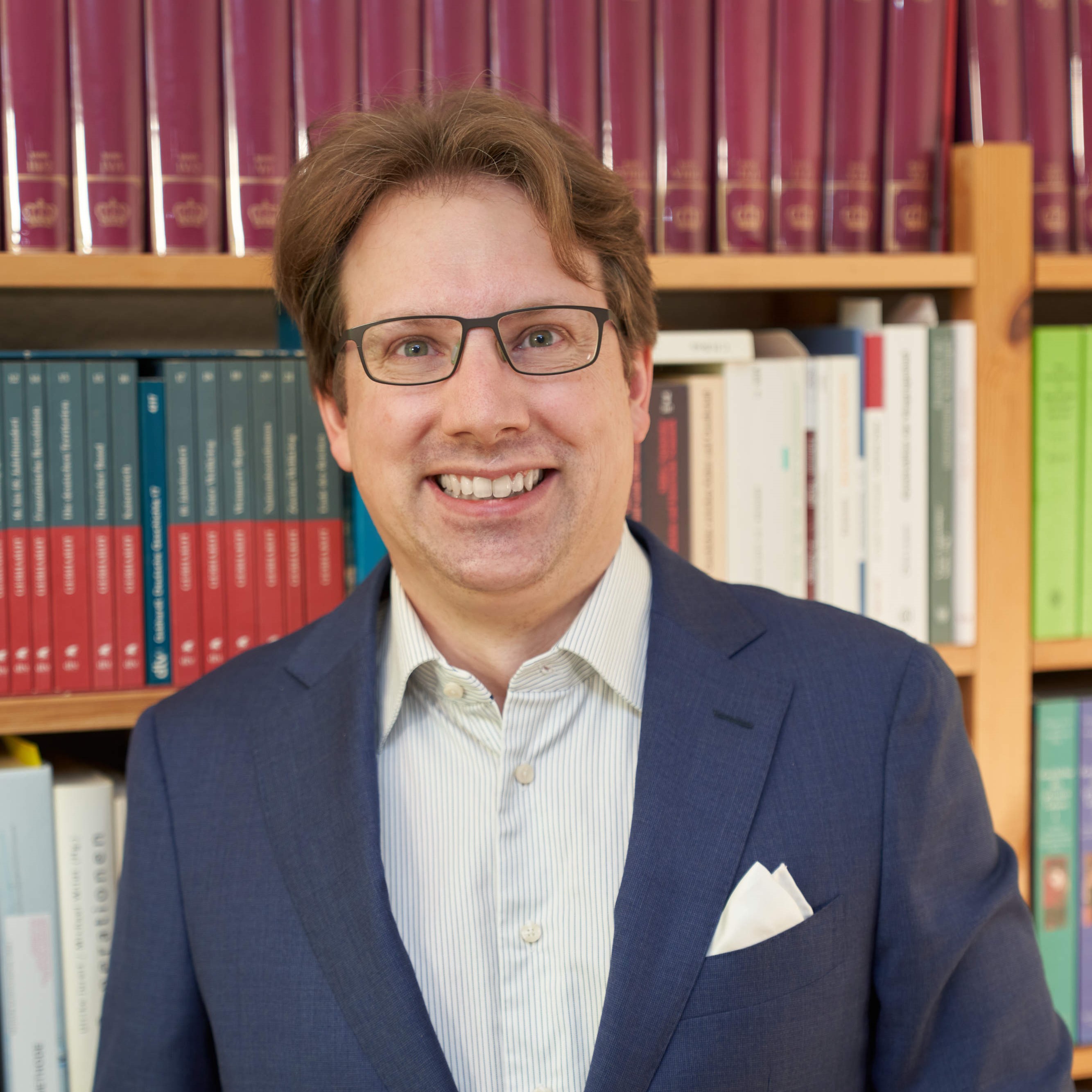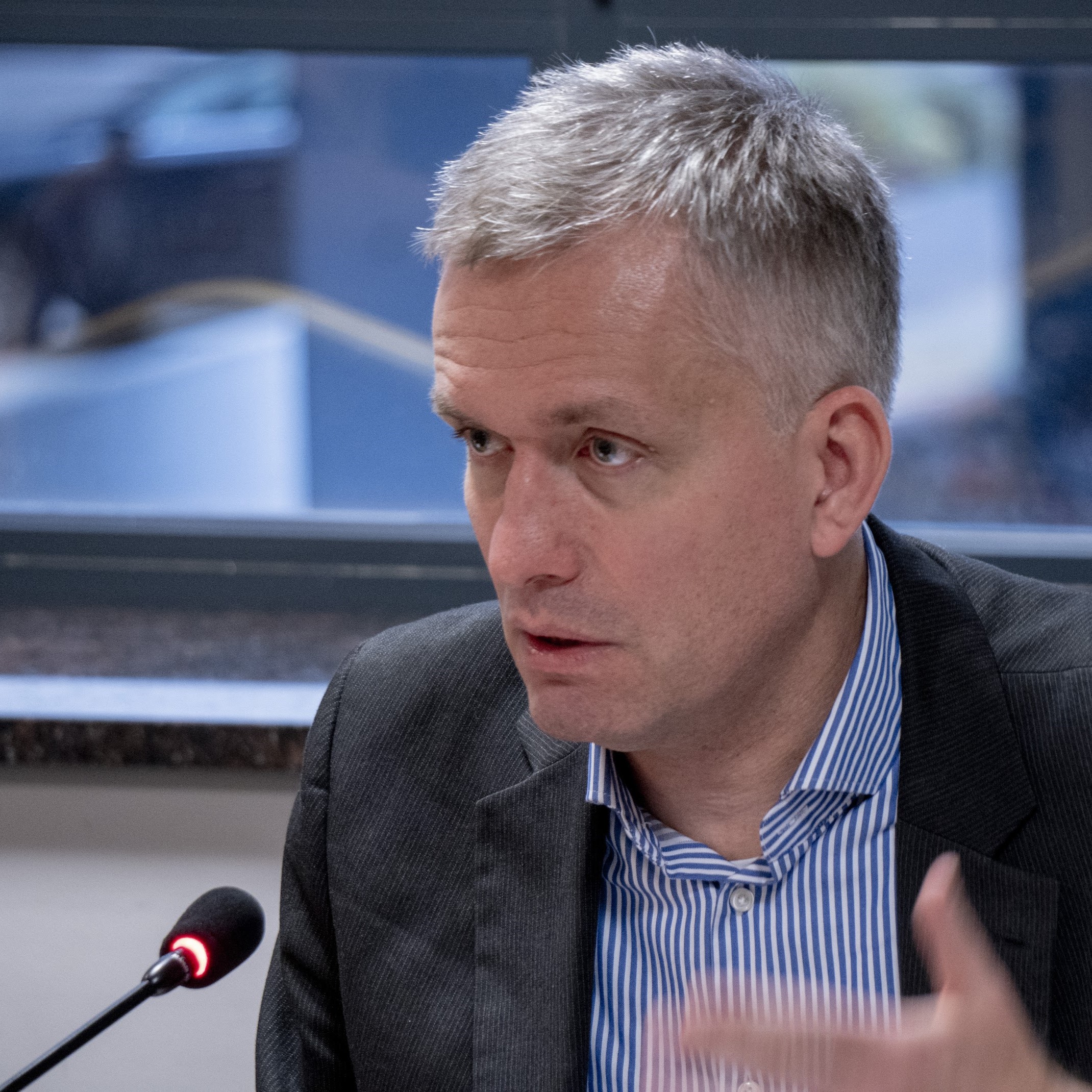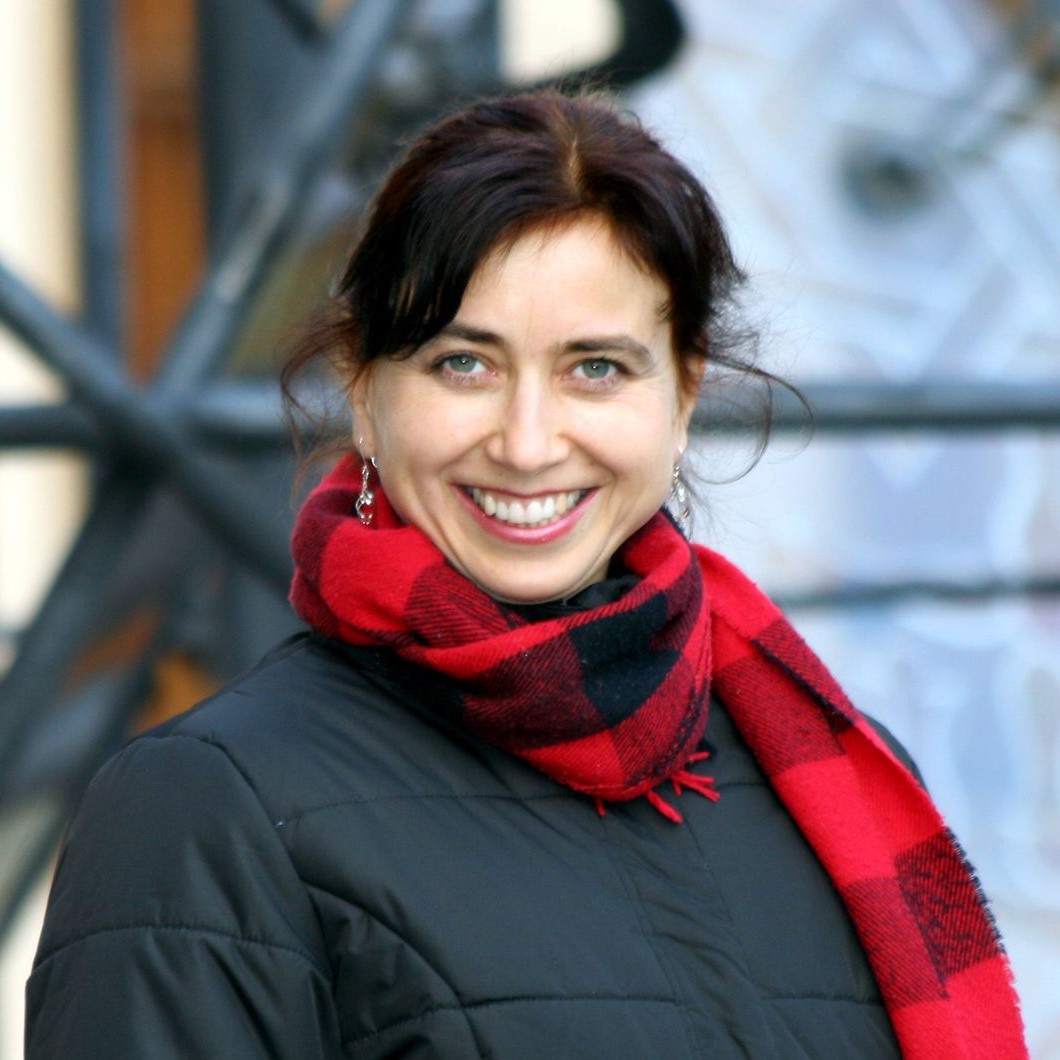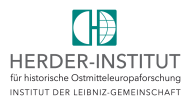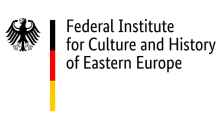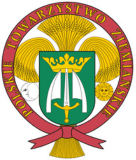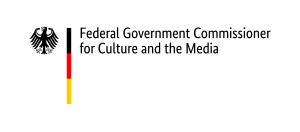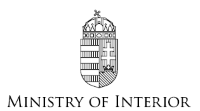The conference will take place in Warsaw at the Faculty of Modern Languages at the University of Warsaw
(ul. Dobra 55) on 25-27 September 2024 in a hybrid format with possible online participation.
The vital and complex role of the landowning elites in the political, economic, and cultural history of Europe has been extensively researched, resulting in a wealth of literature. However, the question of how this role has been remembered since the dissolution of these elites as a social class, and what the implications of this memory and legacy are for contemporary European societies, has only recently been addressed by sociologists, historians, and anthropologists.
The opening hypothesis of the conference is that post-feudal social structures, which were a consequence of the power dynamics between the landowners and peasants, can be examined through a perspective of the longue durée. The existence of landowners as a class was brought to an end by political decisions and revolutionary movements, or gradually transitioned into social and political systems based on more democratic principles. This led to various legacies from the past, modes of remembrance, and finally, legal and economic circumstances. These diverse trajectories serve as a reminder of the East-West dichotomy in Europe, as in part of Central and Eastern Europe the end of the landowners' domination came with bloodshed and violence, as part of the making of the ‘Bloodlands’. However, our aim is to go beyond this dichotomy and see whether schemes other than East-West can be employed to understand the diversity of the gentry, nobility and aristocracy history in Europe.
An illustration of this diversity is also the multitude of terms used to describe the phenomena we discuss and its internal stratification. While we use the ahistorical terms "landowners" or the „landowning elites” as the overarching terms for the purpose of this call for papers, we acknowledge that in different regional contexts, more specific categories such as gentry, nobility, and aristocracy are relevant. We also welcome discussion on the terms used in the papers.
Individual and collective memory of the gentry, nobility and aristocracy, and in a broader sense, of the post-feudal period with all its complexities, will, however, vary depending not only on how the landowners' era concluded, but also on its characteristics in different regions of Central and Eastern Europe. The landowning elites might have shared the same ethnicity and religion as the subordinate classes, or they could have been of different backgrounds, such as in Eastern Galicia, where Poles owned vast swathes of land populated by ethnic Ukrainians. They could have also belonged to the titular nation of the nation-state, as in interwar Poland, or been ethnically connected to another nation, as was the case with the German aristocracy in interwar Czechoslovakia. Its social and political standing, as well as its proportion within the general population, could range from significant, as seen in Hungary, to marginal, as observed in Romania. Moreover, the gentry, nobility and aristocracy could either be the sole elite in the country or blend, compete with, or even give rise to other influential groups, as exemplified by the Polish intelligentsia. Lastly, the current status of the landowning elites and their (former) property varies greatly across Europe: from regions where its status was never formally challenged, such as in Great Britain, to countries where extensive (re)privatization laws were enacted after the collapse of communism, like in the Czech Republic and Lithuania, and to the post-Soviet states of Ukraine and Belarus, where the issue of reprivatization was never politicized and remains largely absent from public discourse.
With this complex agenda in mind, we want to approach the topic of this conference in a comparative and contextualised perspective. We wish to pose questions about memory of the gentry, nobility and aristocracy as inscribed in the official narrative, vernacular beliefs, cultural practices and art. We will have a close look at the approach to the their material heritage, the role its history and legacy plays in maintaining collective identities on the local and national levels, as well as the complexity of the legal constraints involved. We will be interested in broadening our approach to the dynamics of the social relations between various actors and seeing among them not only the landowning elites and peasantry, but also Jews in their traditional and less conventional roles, city dwellers as a counter-community, rich bourgeoisie as the competing and/or aspiring class, and intelligentsia with its multifaceted role. Thus, we will include the internal and external perspective of various memory actors and keepers. Additionally, our key focus will be the material heritage: objects, buildings and spaces as spheres of interference, contested property battleground and non-sites of difficult memories.
The proposed papers might address, but not be limited, to the following issues:
THE LONGUE DURÉE OF POST-FEUDAL STRUCTURES
• How did the memory of the landowning elites, their role and status change over the time? What were the dividing lines or the turning points?
• What is the group memory dynamics among the descendants of the gentry, nobility and aristocracy themselves, among people with peasant origins, and in local village communities where once the gentry resided?
• What are the main determinants of this memory – how are violence, power relations and class dependencies remembered?
• How can the longue durée of the post-feudal social mechanisms and structures be discovered in the cultural memory, values and elements of the identity of different social groups?
• How are various aspects of the gentry, nobility and aristocracy ethos perceived in contemporary social life, art and culture?
• Who endeavours to uphold this ethos as the ethos of their own group – in other words, who currently belongs to the group that regards the landowning elites’ legacy as its own?
CHANGE
• How the ways the post-feudal system was dissolved in different countries influenced the memory of the gentry, nobility and aristocracy?
• How the categories of guilt, victimhood and historical justice have been employed in the narratives about the end of these groups’ domination on various levels (local, group, national)?
• How is the violence against the gentry, nobility and aristocracy that accompanied their dissolution as a social strata – physical, political and symbolic – remembered today?
• In which form, if any, is the past social order reactivated if an estate is bought by a new owner? How does such new ownership, be it by descendants of a historical landowning family, or by new people, resonate with the legacy of the past?
• How did the memory and survival strategies of the gentry, nobility and aristocracy families form and evolve during the communist and post-communist period?
MATERIAL HERITAGE
• What is the status of the material heritage of the gentry, nobility and aristocracy – manors, parks and palaces? To what extent is it considered common heritage – by local communities, by the national community, and by authorities on various levels?
• What does the memoryscape of such places look like?
• What are the commemorative practices connected with such spaces?
• Does the issue of the post-1989 (re)privatisation influence attitudes towards the landowning elites’ material heritage?
REGIONAL AND PARTICULAR VS. UNIVERSAL
• What is the specificity of memory related to the gentry, nobility and aristocracy in various European countries? Is the East-West division the main important one?
• Is the memory of the aristocracy different from the memory of the lower nobility, or landowners without noble titles? How does the social and political diversification of the landowning elites in the past influence its memory today?
• Which historical factors influence the collective and individual memory, as well as memorial practices?
• Is the overlapping of class, ethnicity and religion in the past decisive for the contemporary memory of the landowning elites and post-feudality?
• Is there any specific memory of the Jewish landed gentry?
• Can any parallels be found outside Europe? What is the postcolonial aspect of the landowning elites’ historical presence in these countries?
We welcome submissions from memory studies, heritage studies, and other related disciplines. The comparative approach will be particularly welcome.
Organisational information
The conference will take place in Warsaw on 25-27 September 2024 in a hybrid format with possible online participation.
The conference language is English. The organisers provide accommodation for the participants. There is no conference fee.

